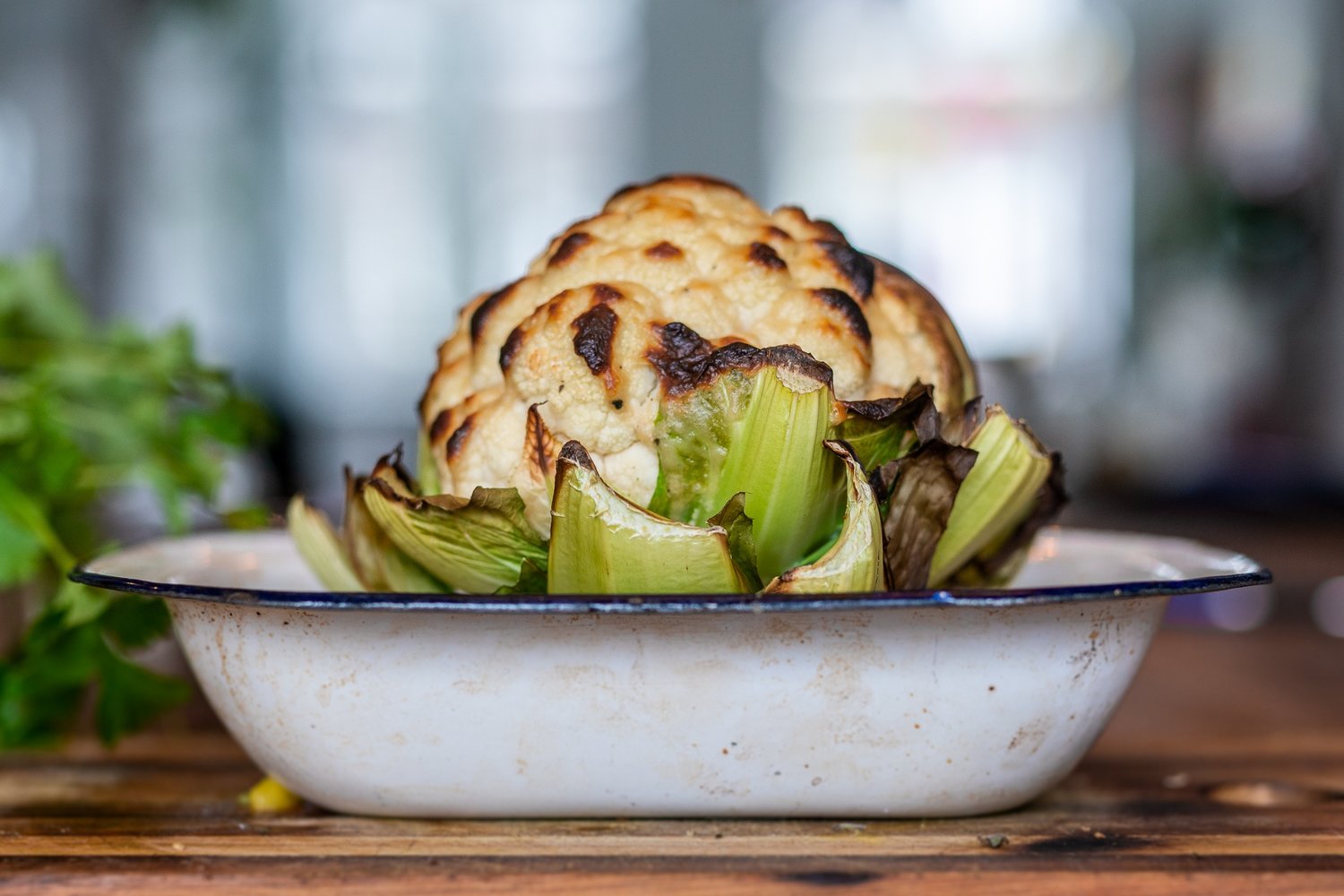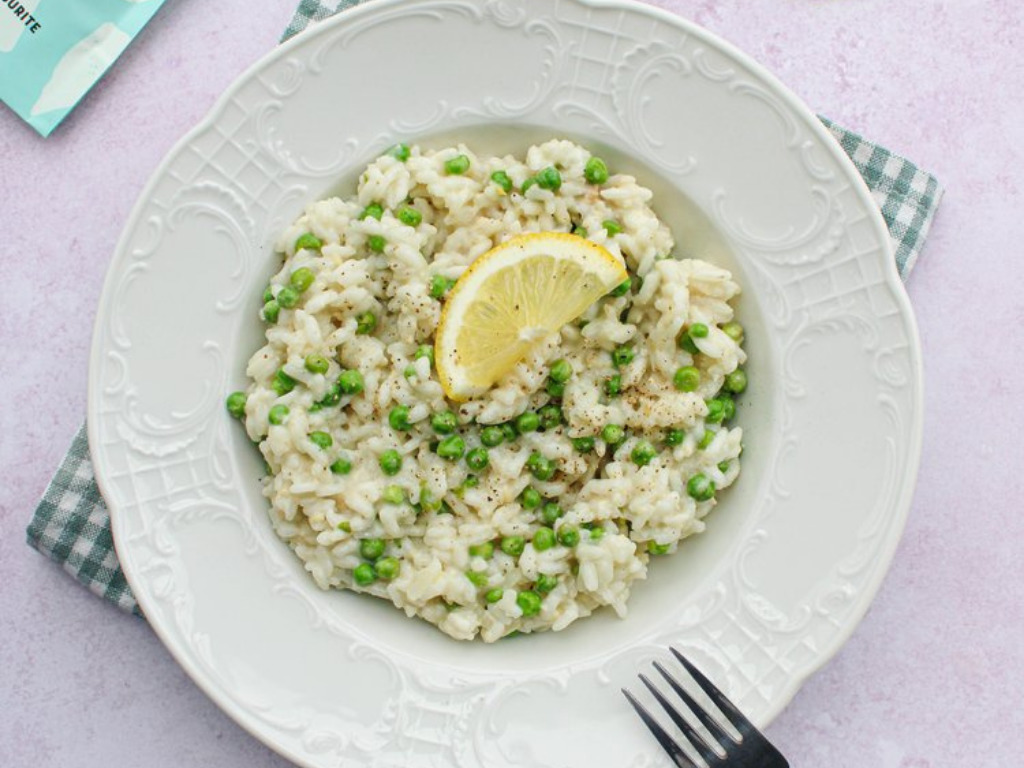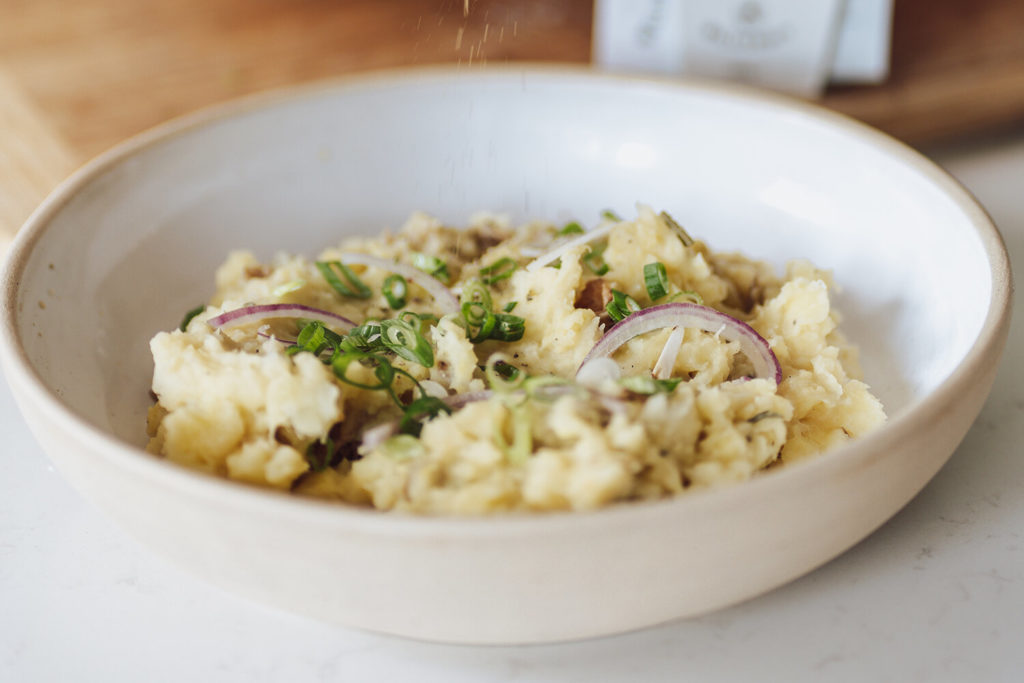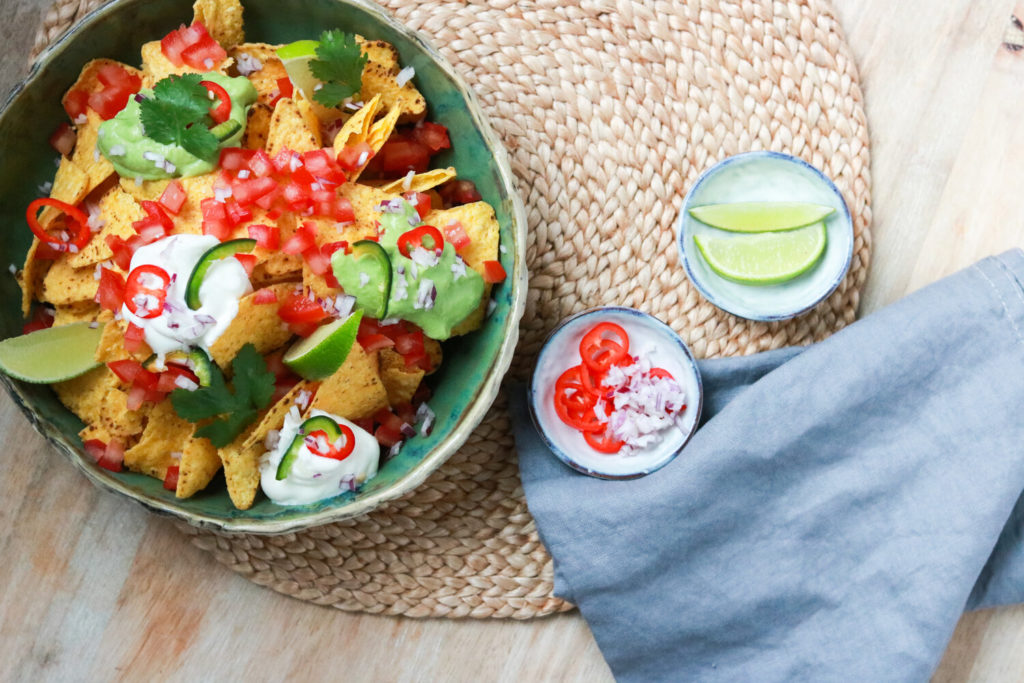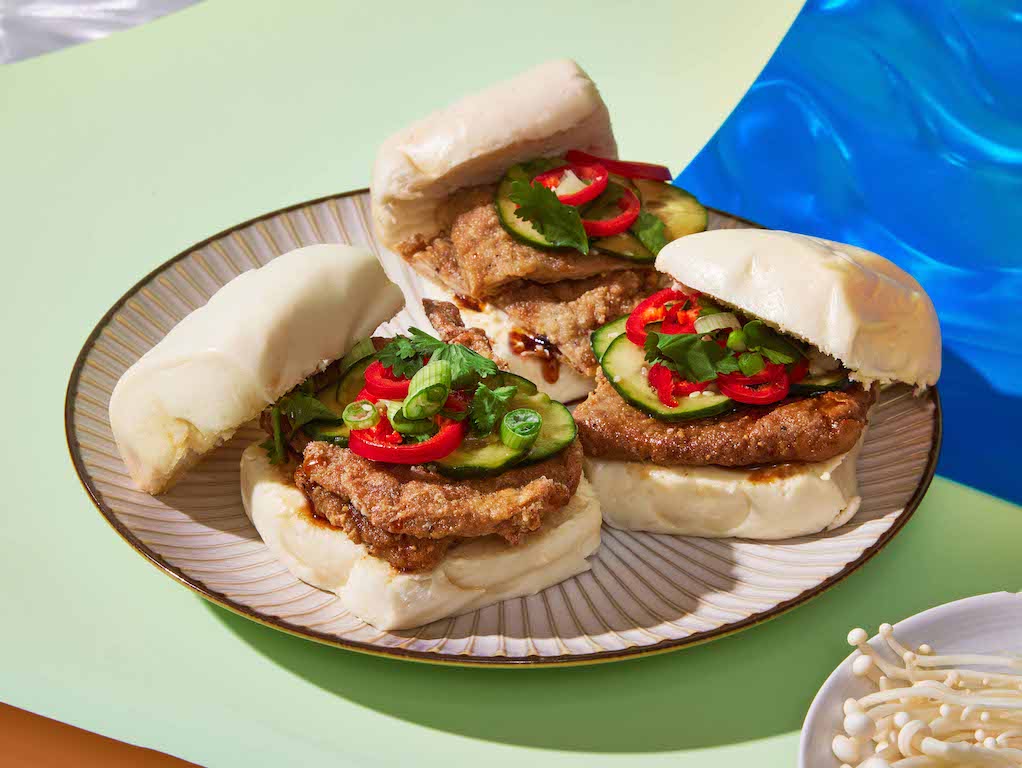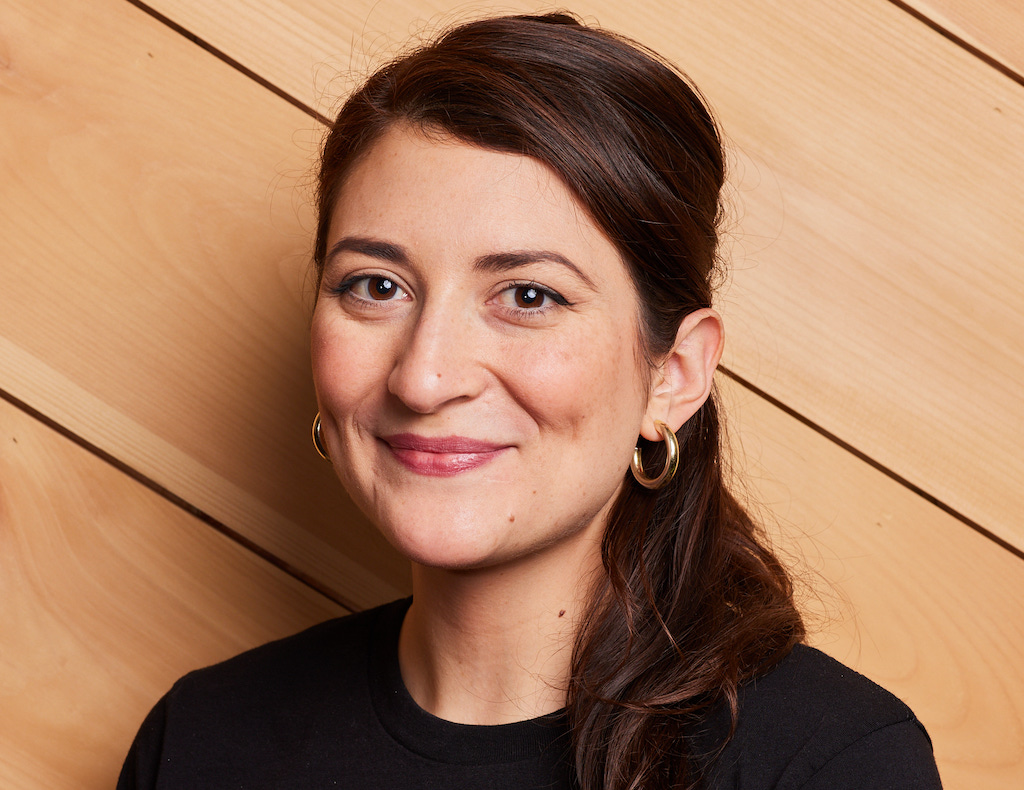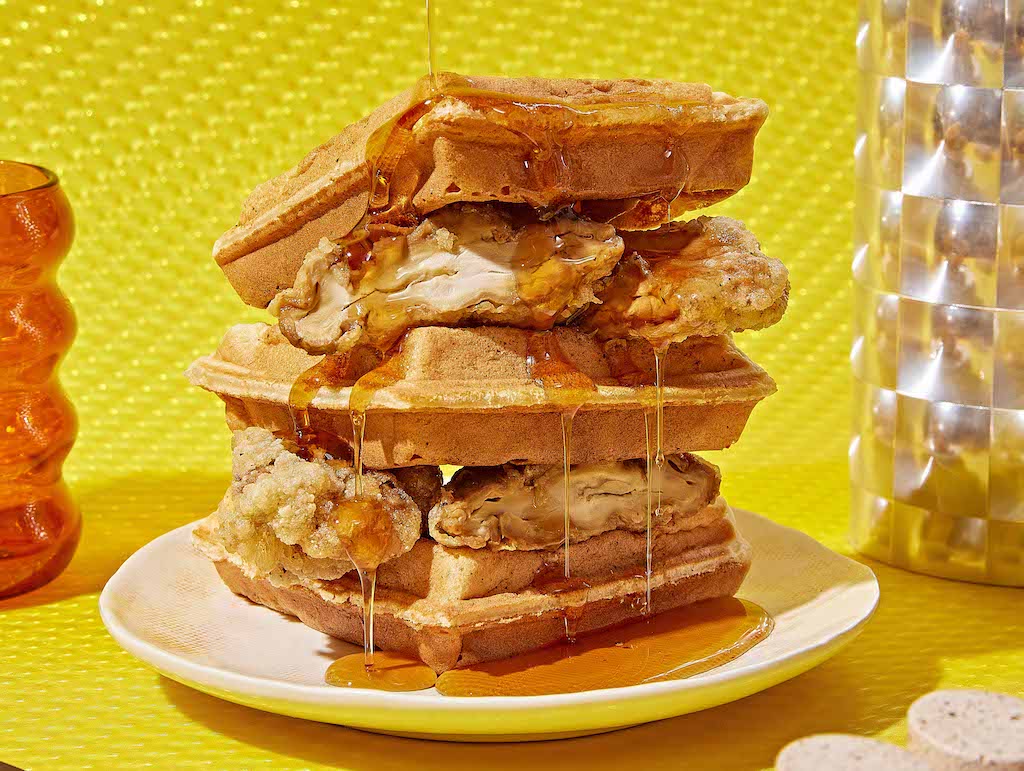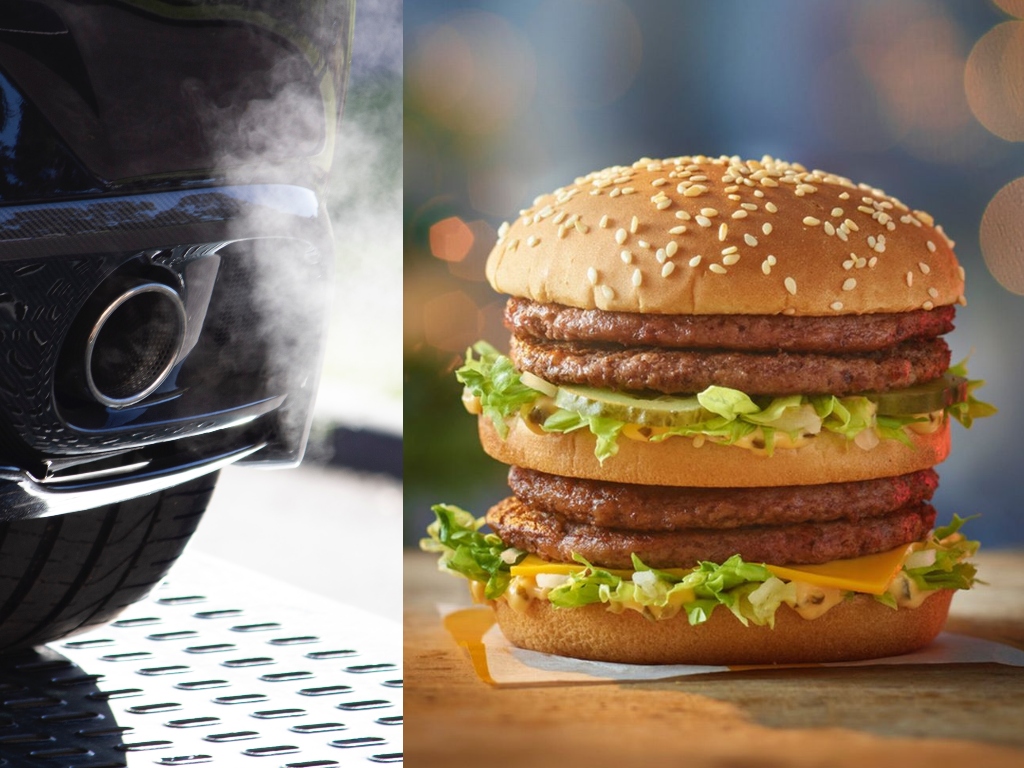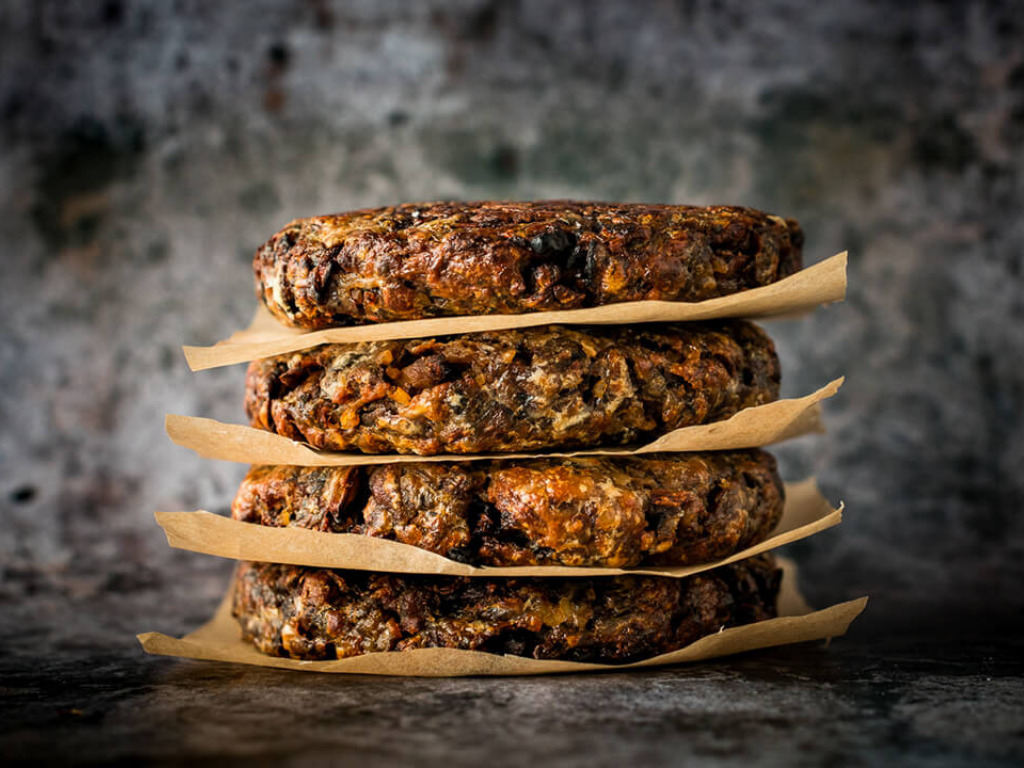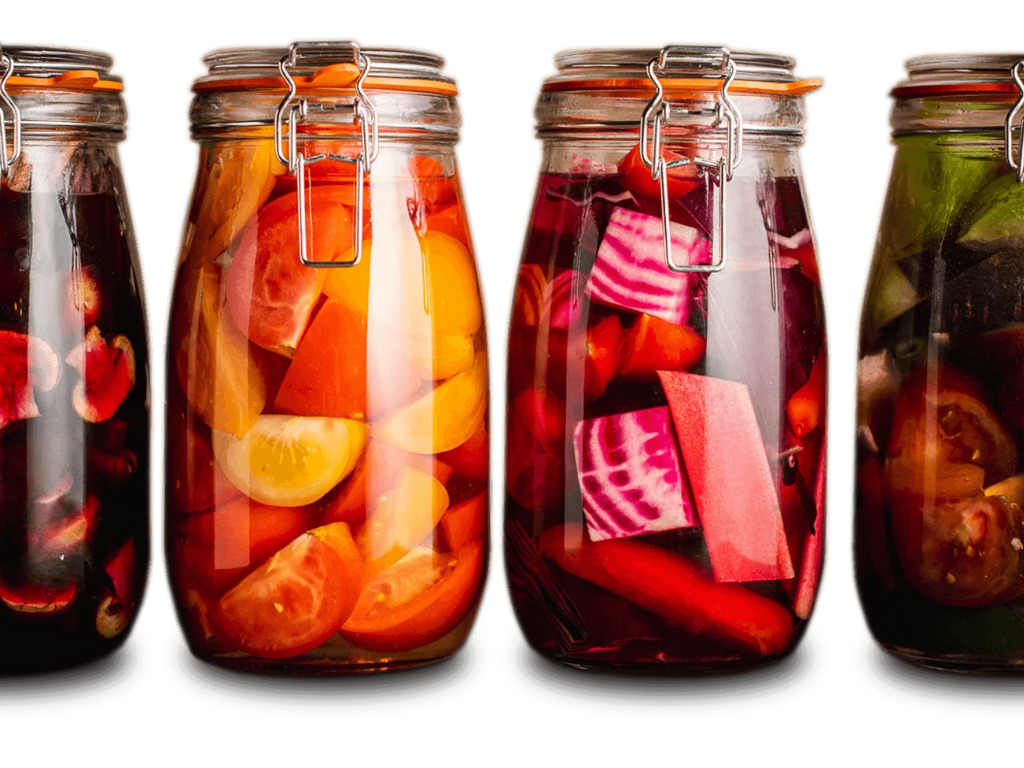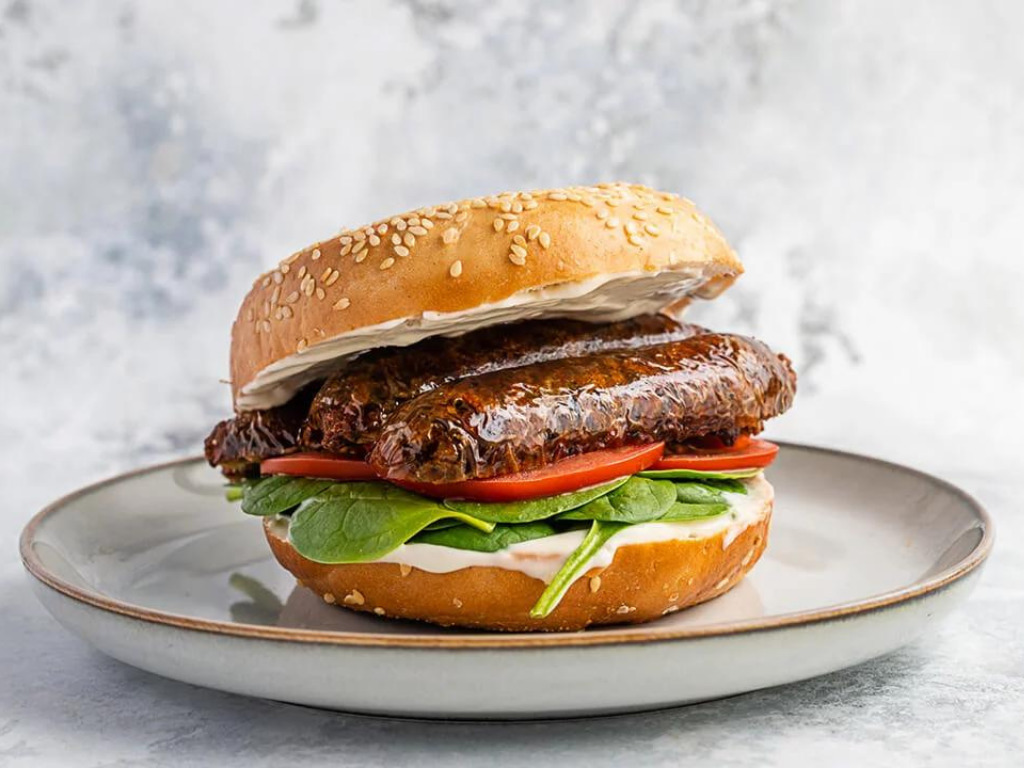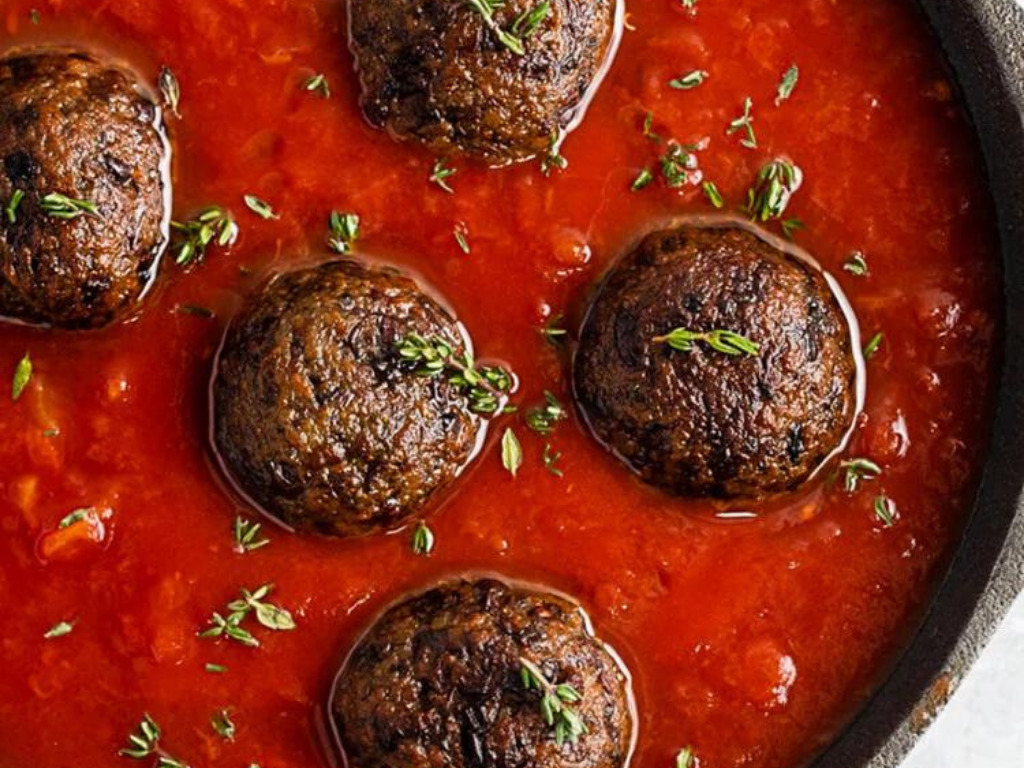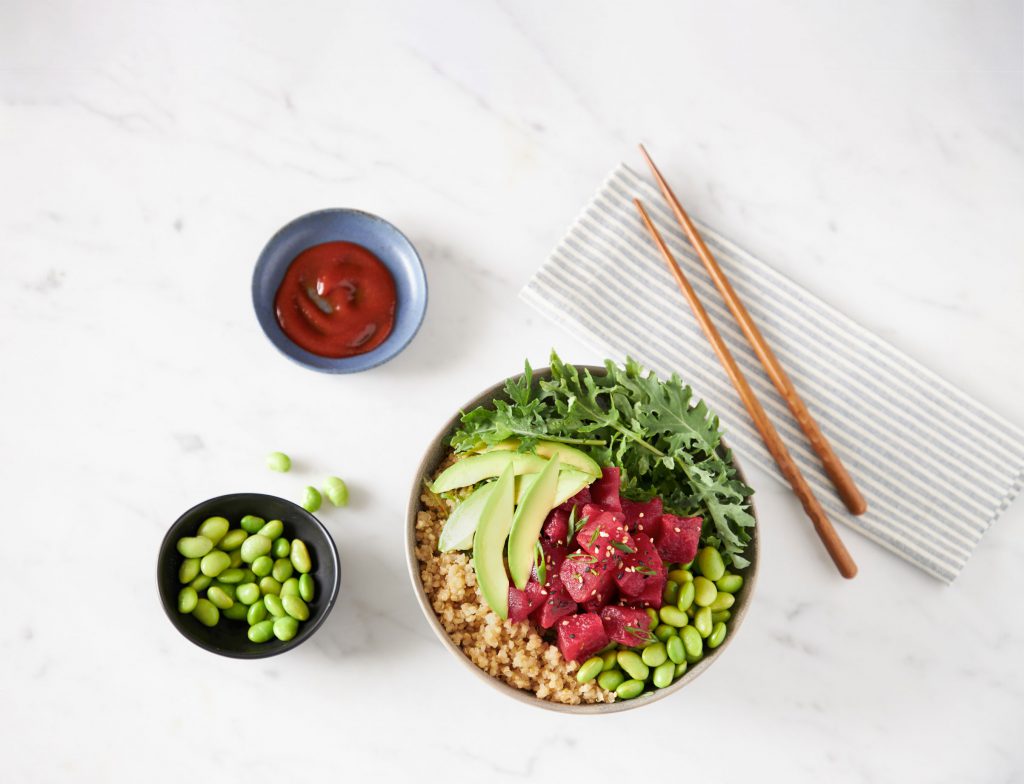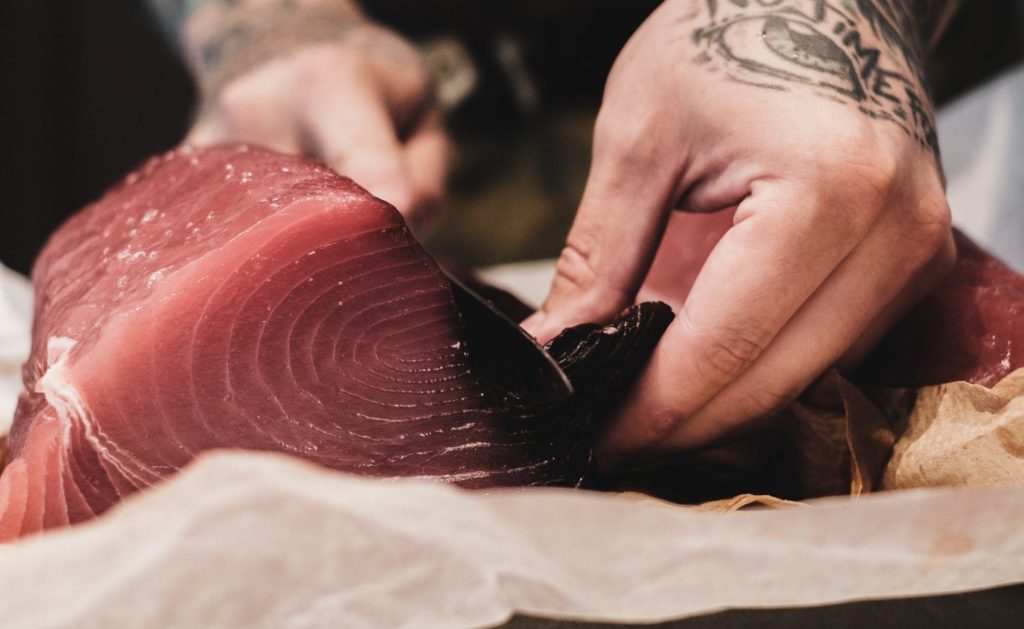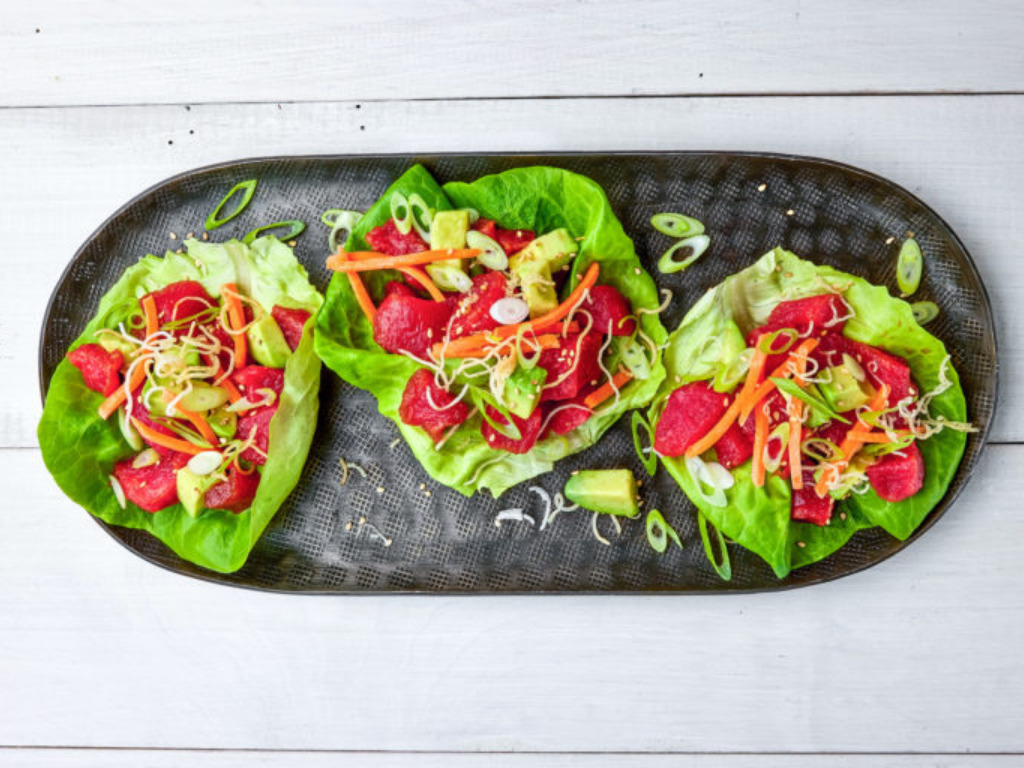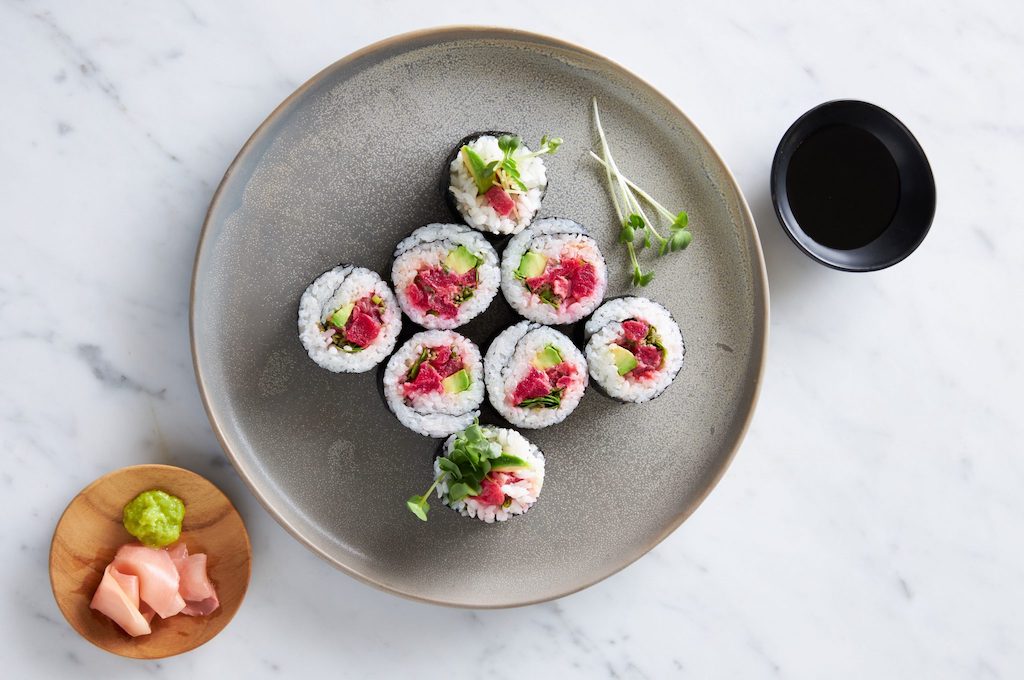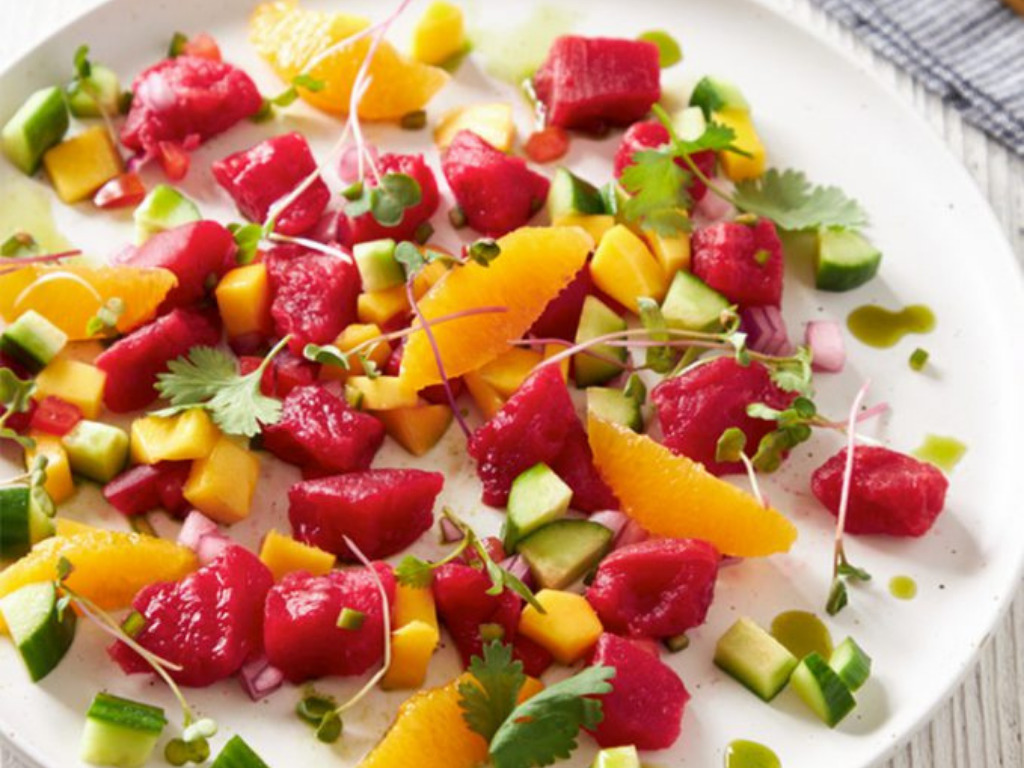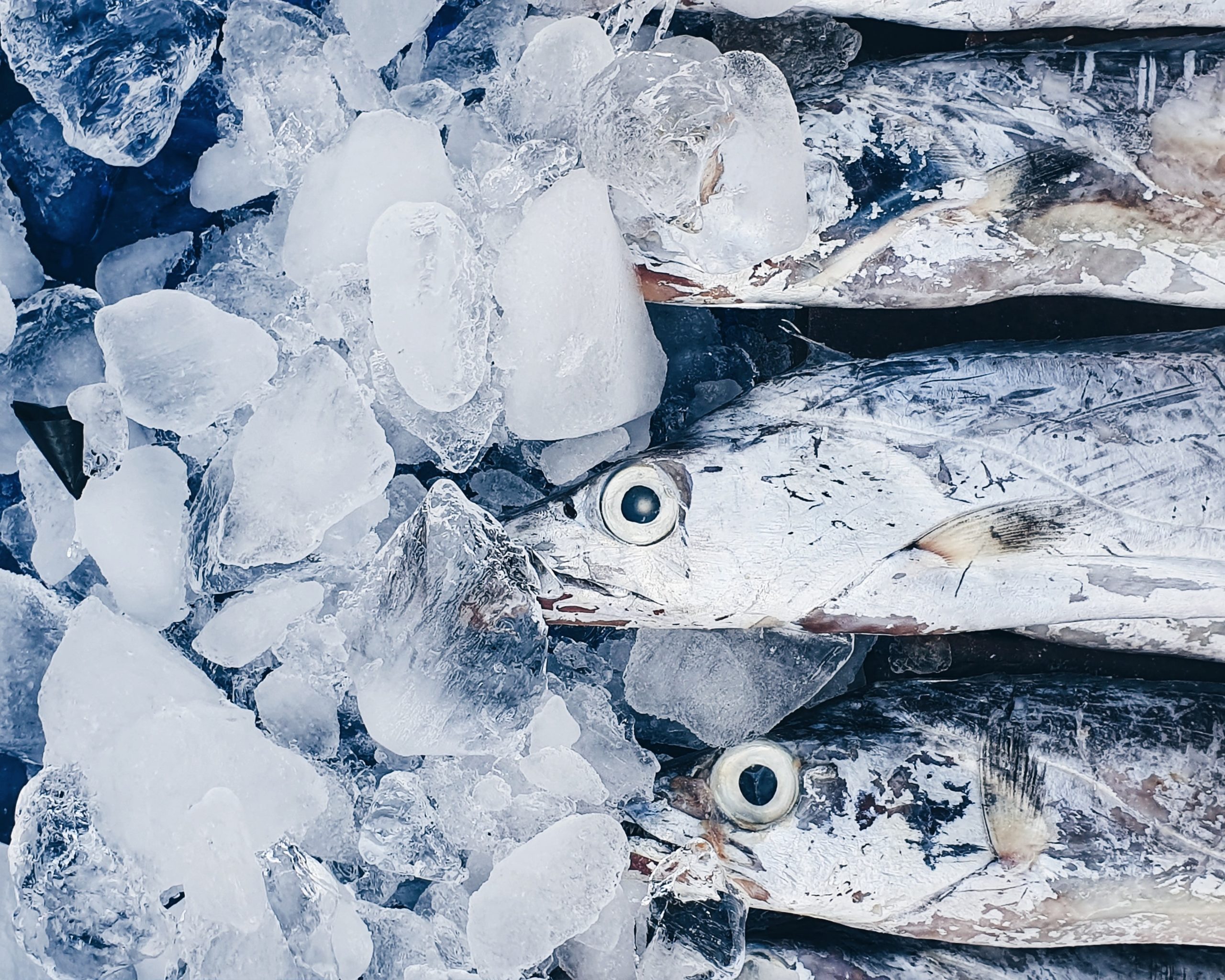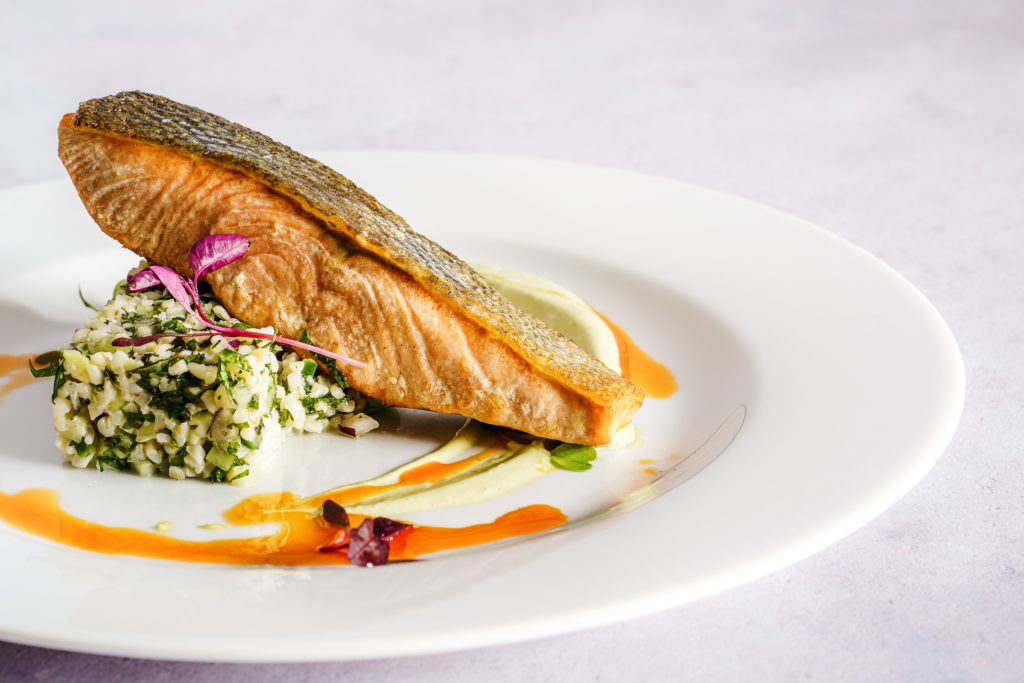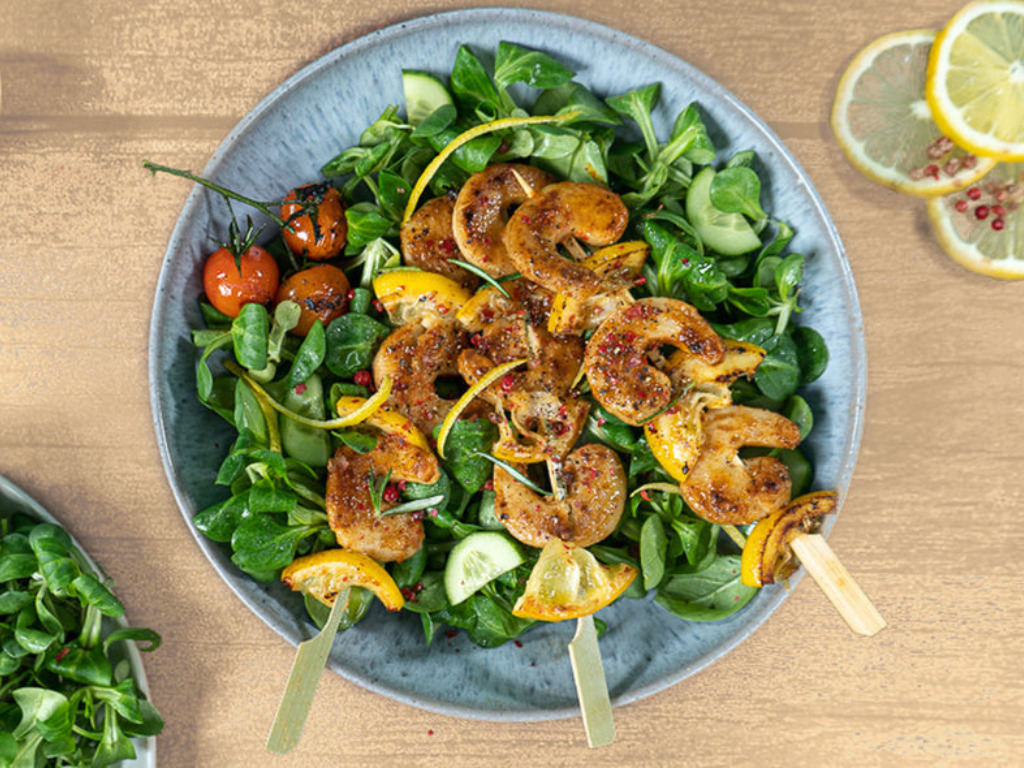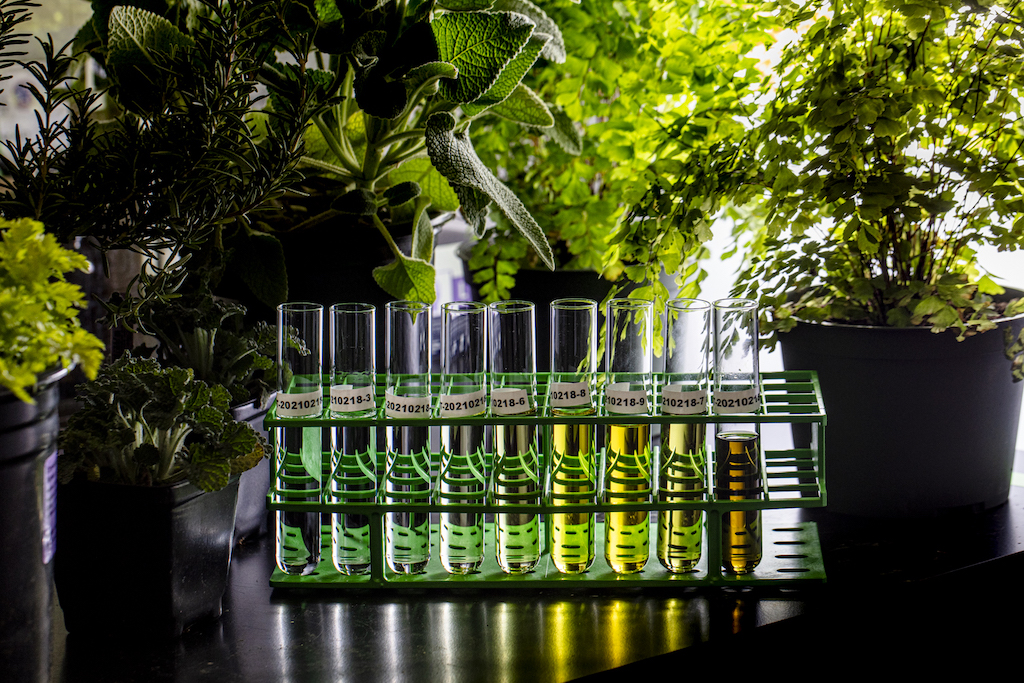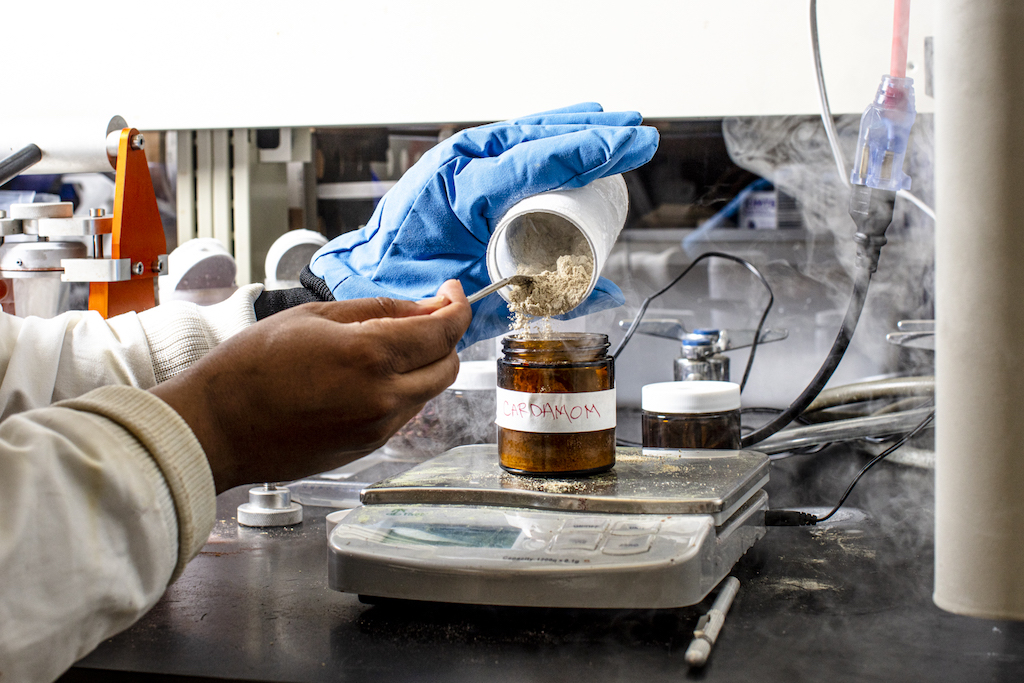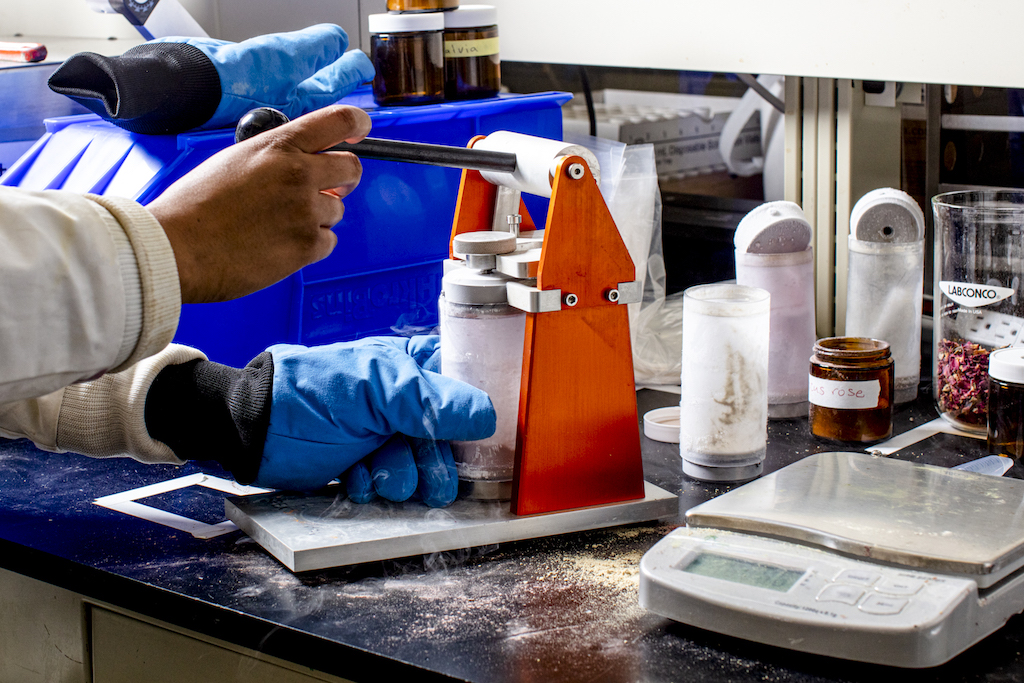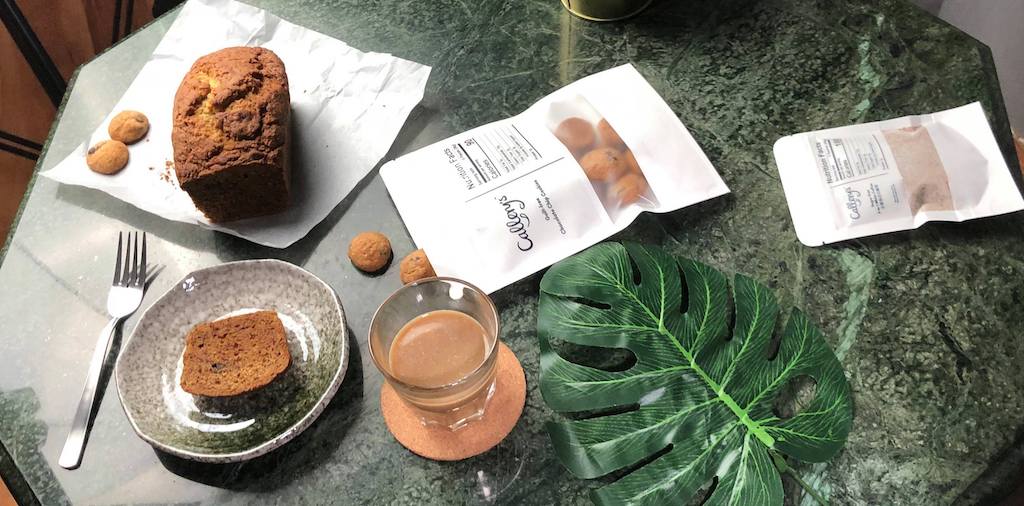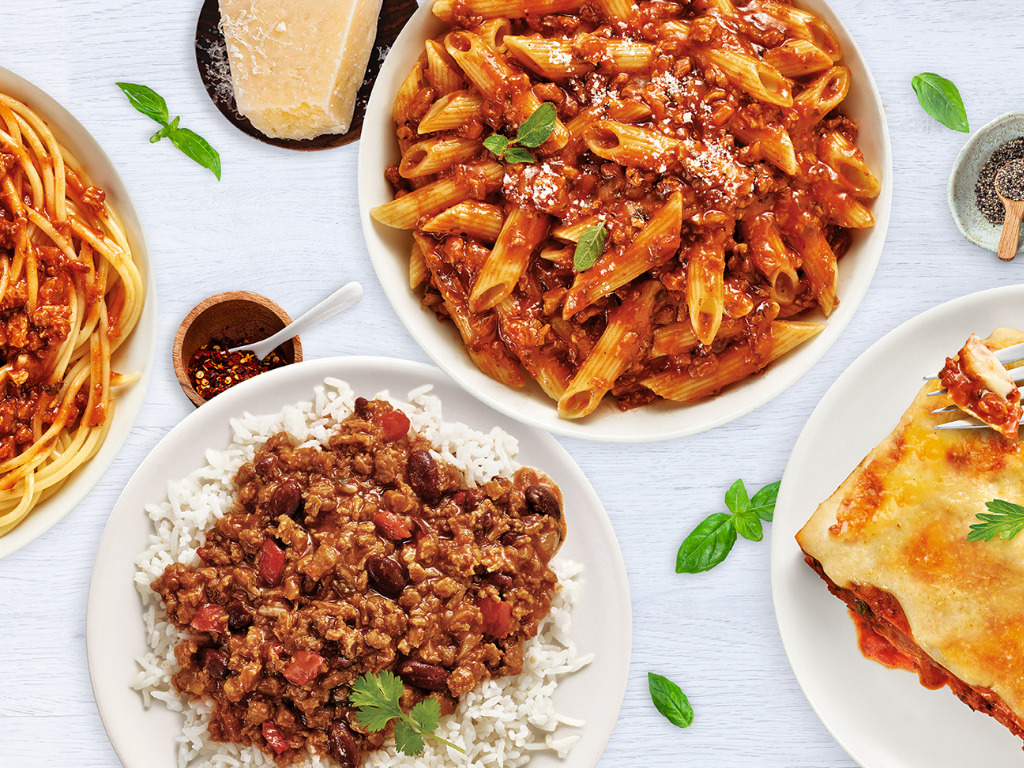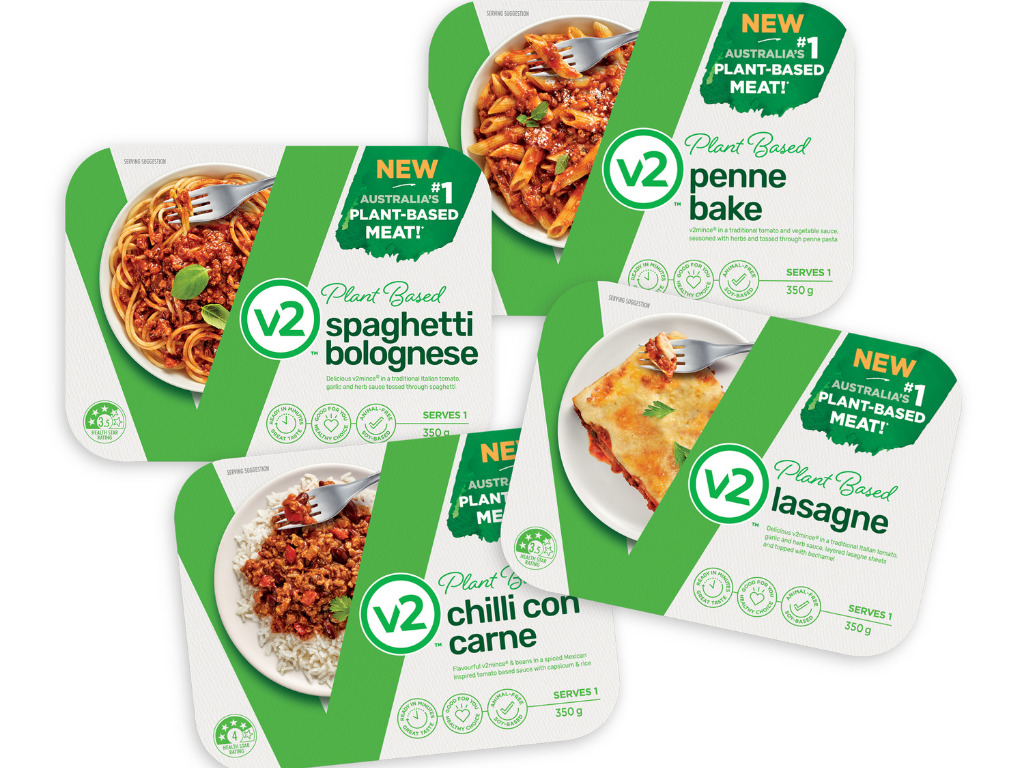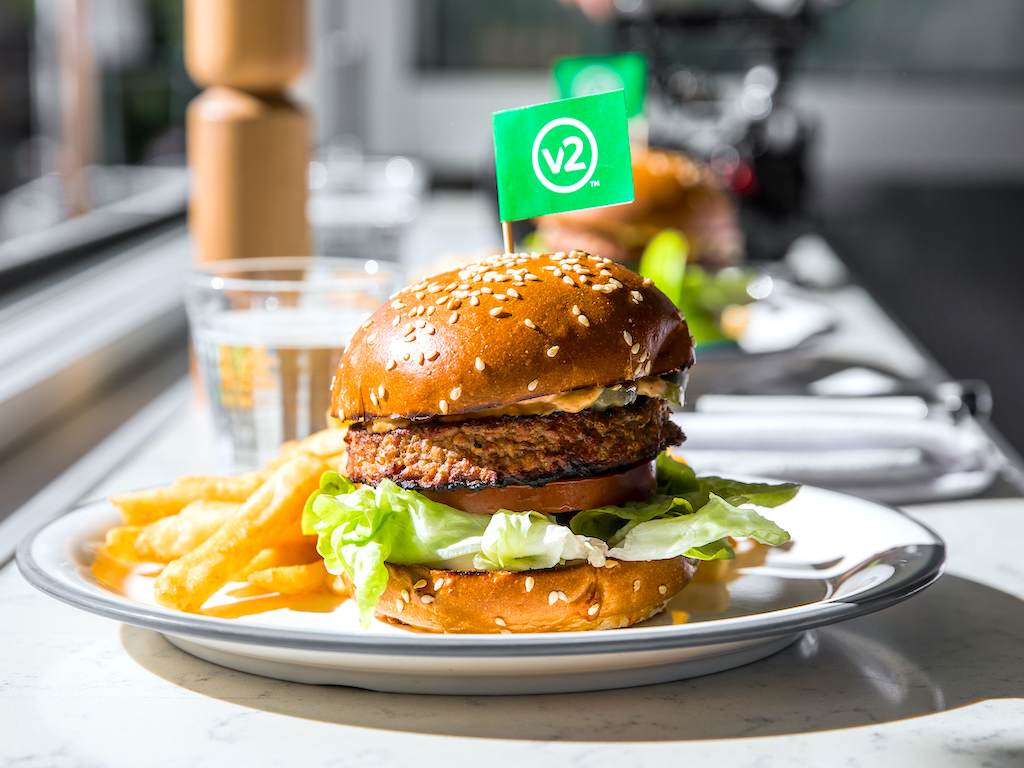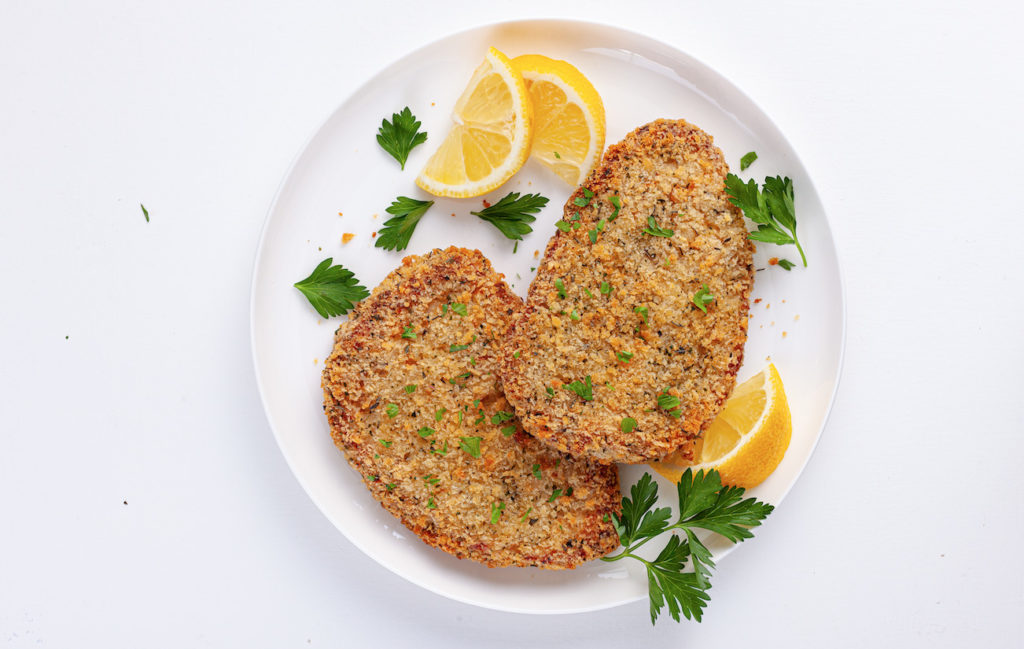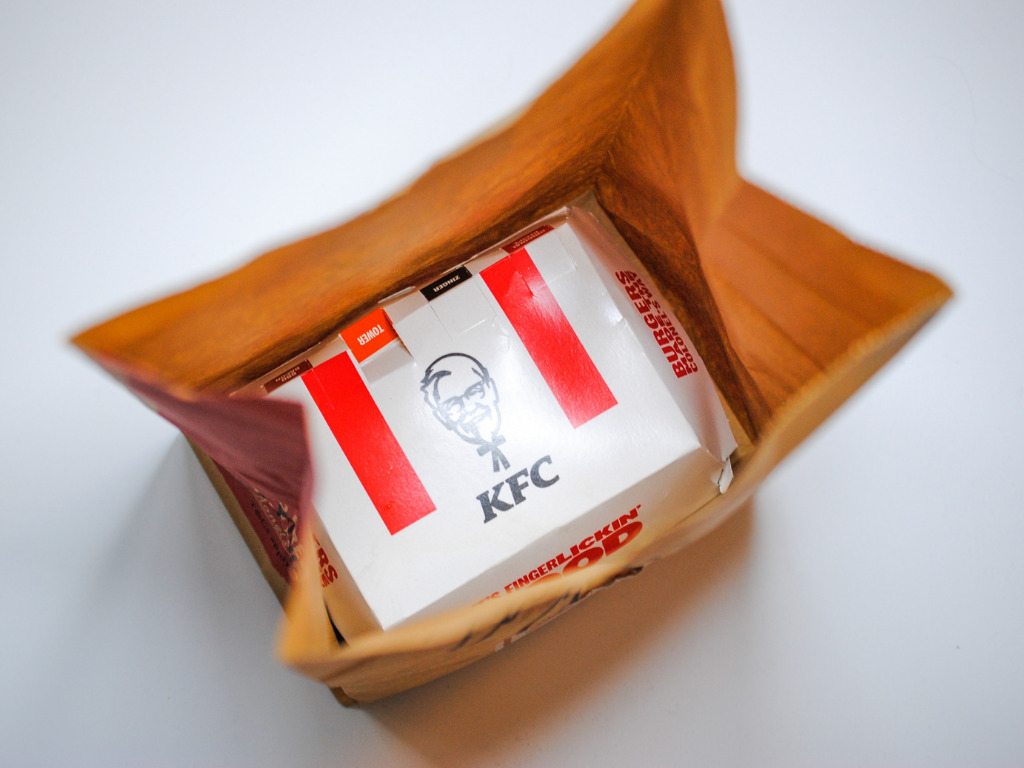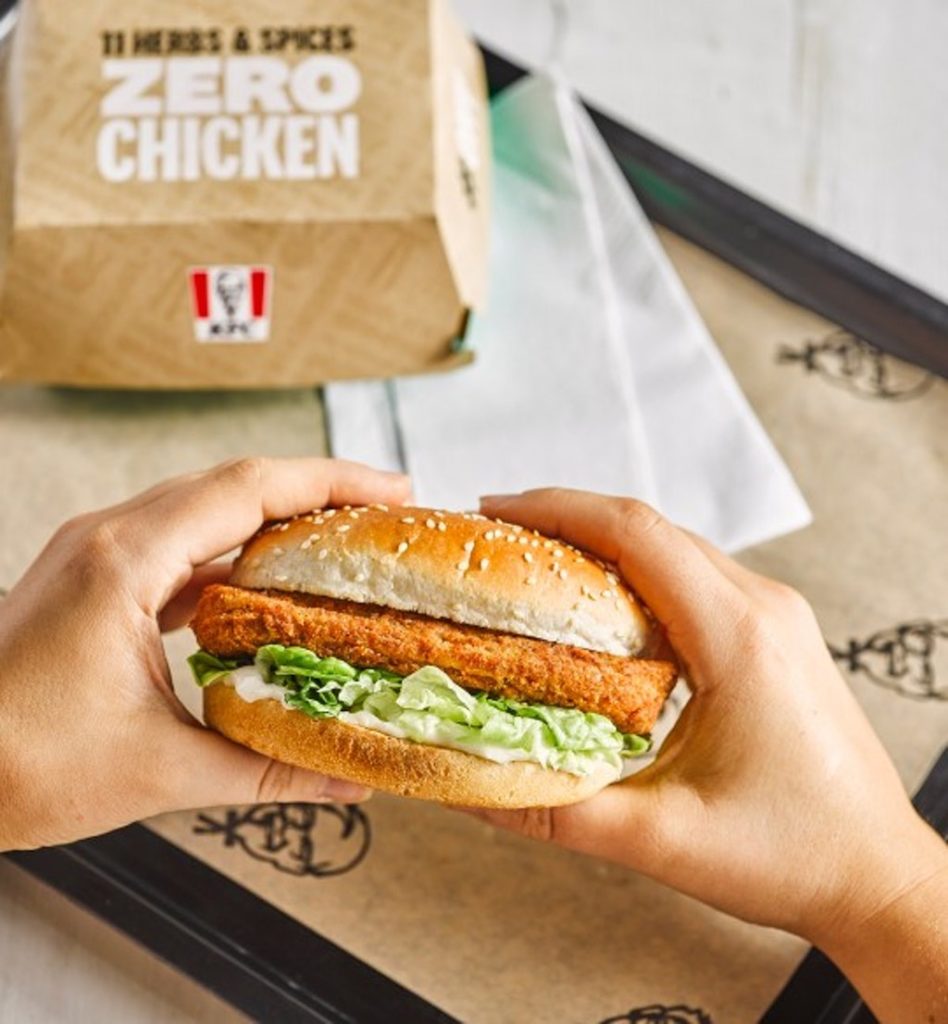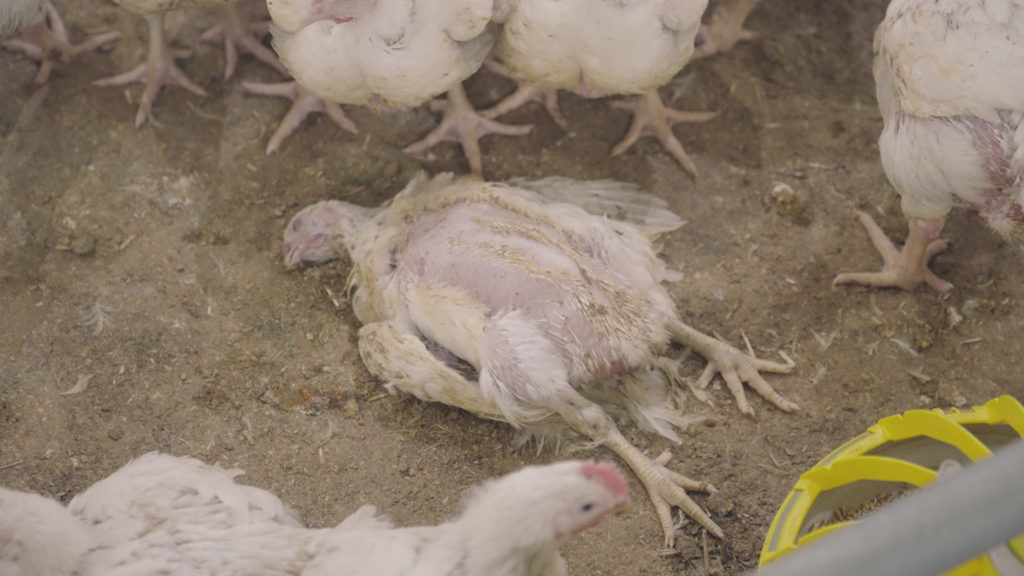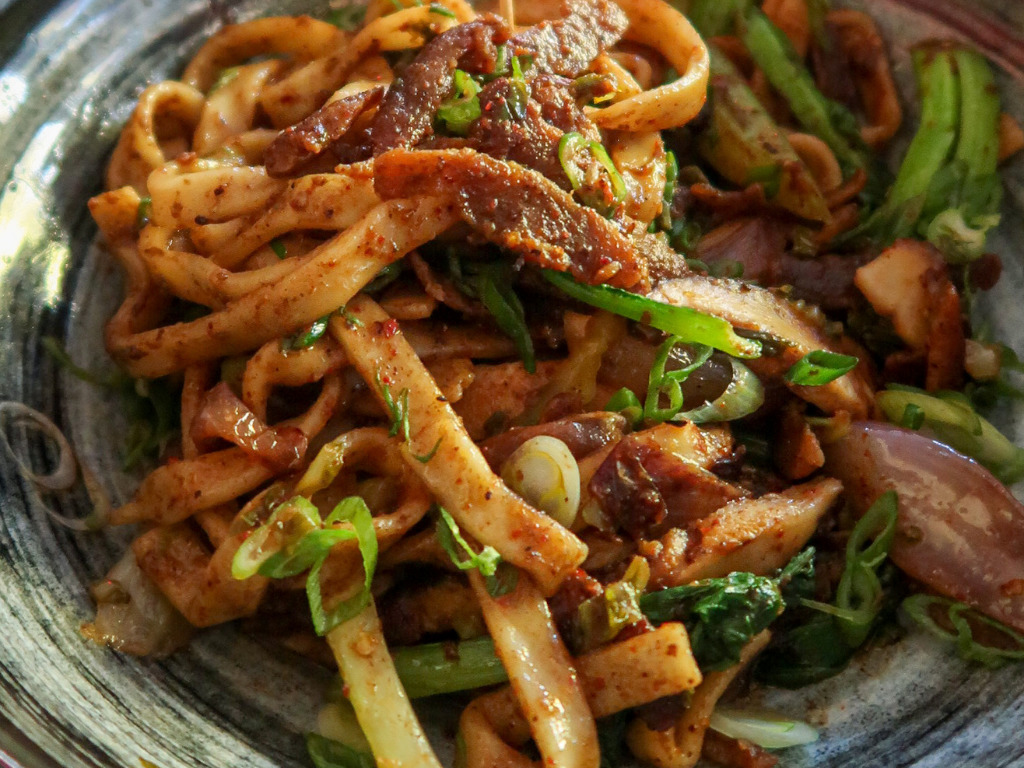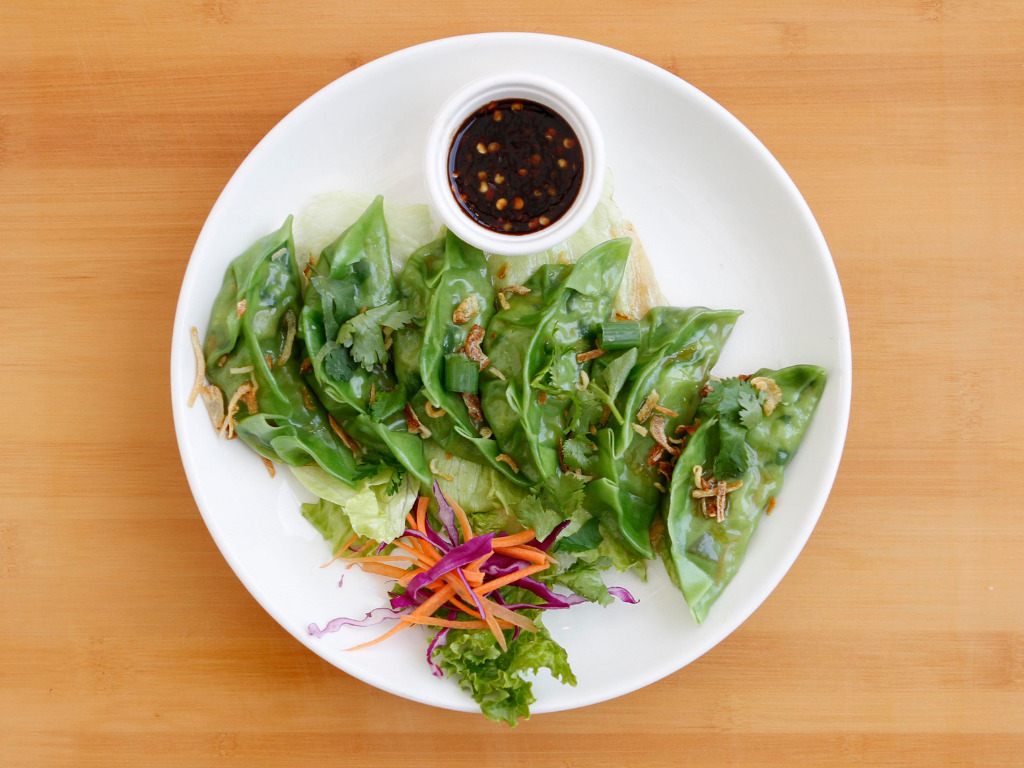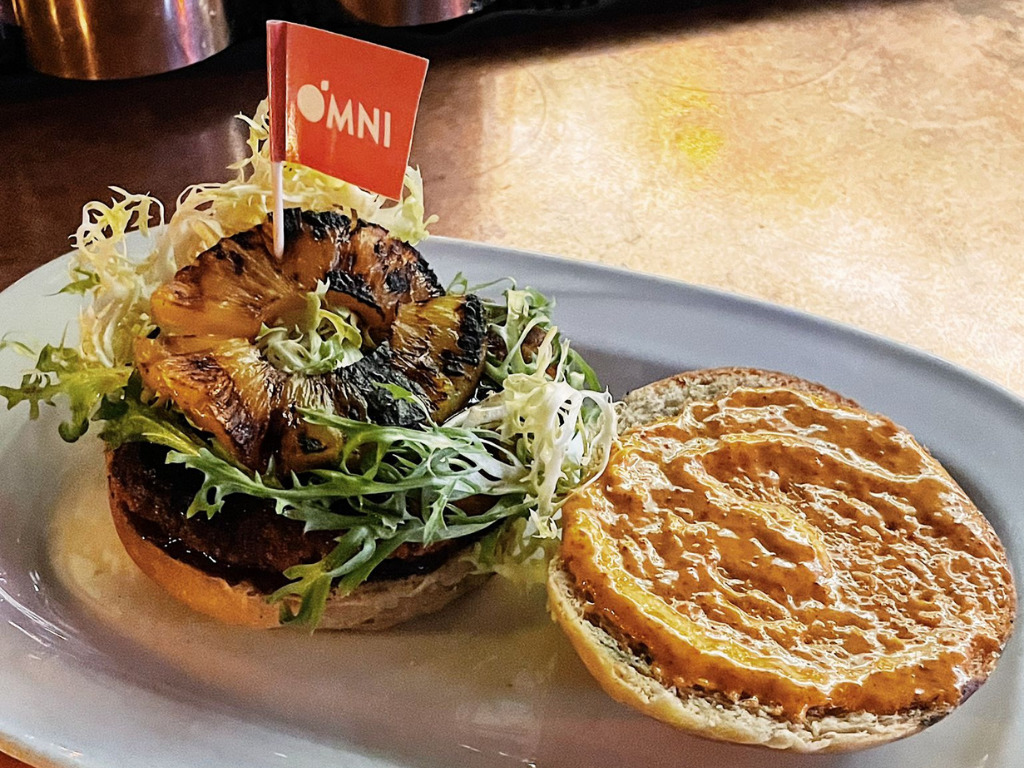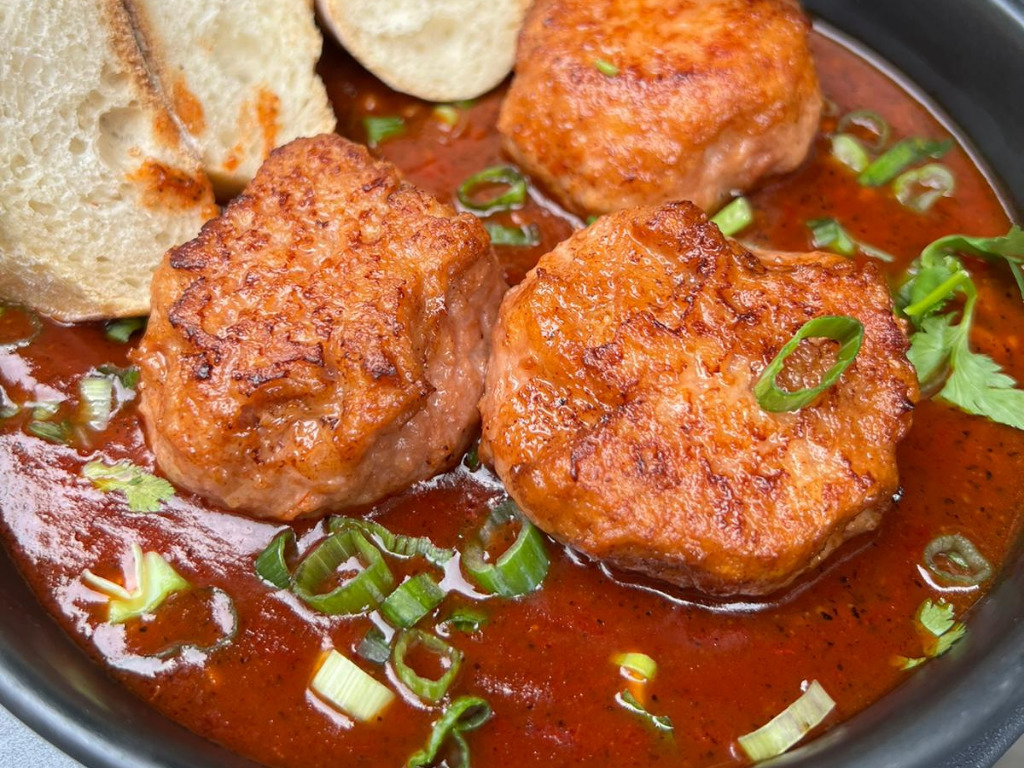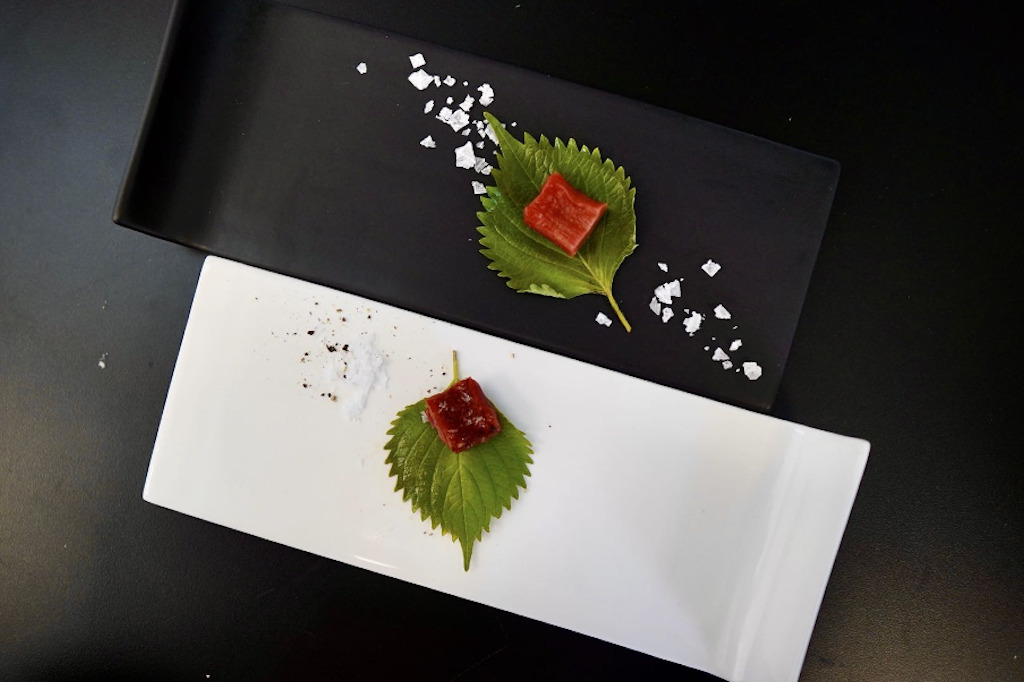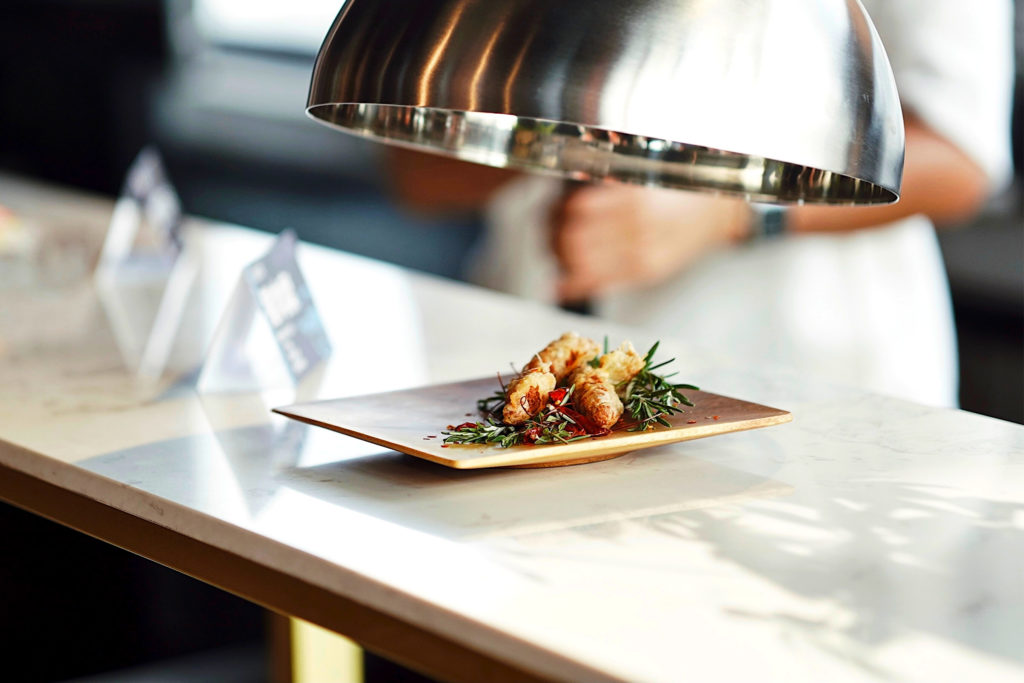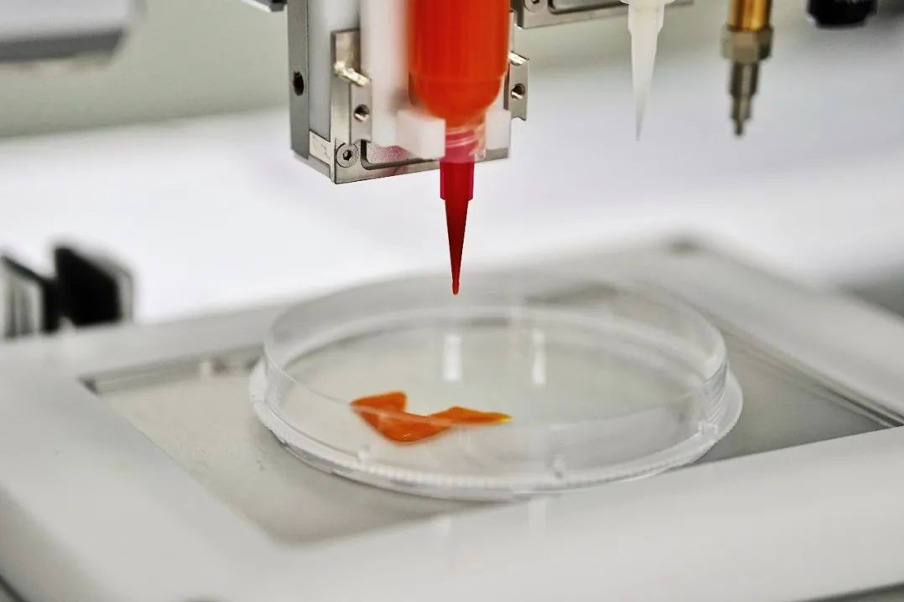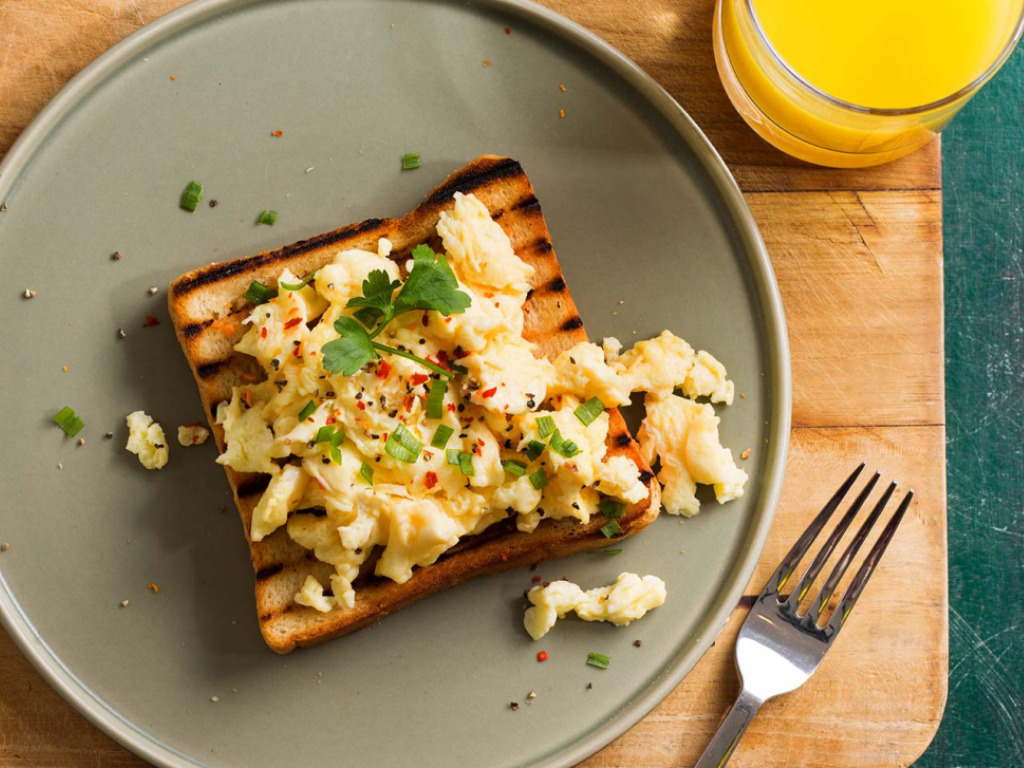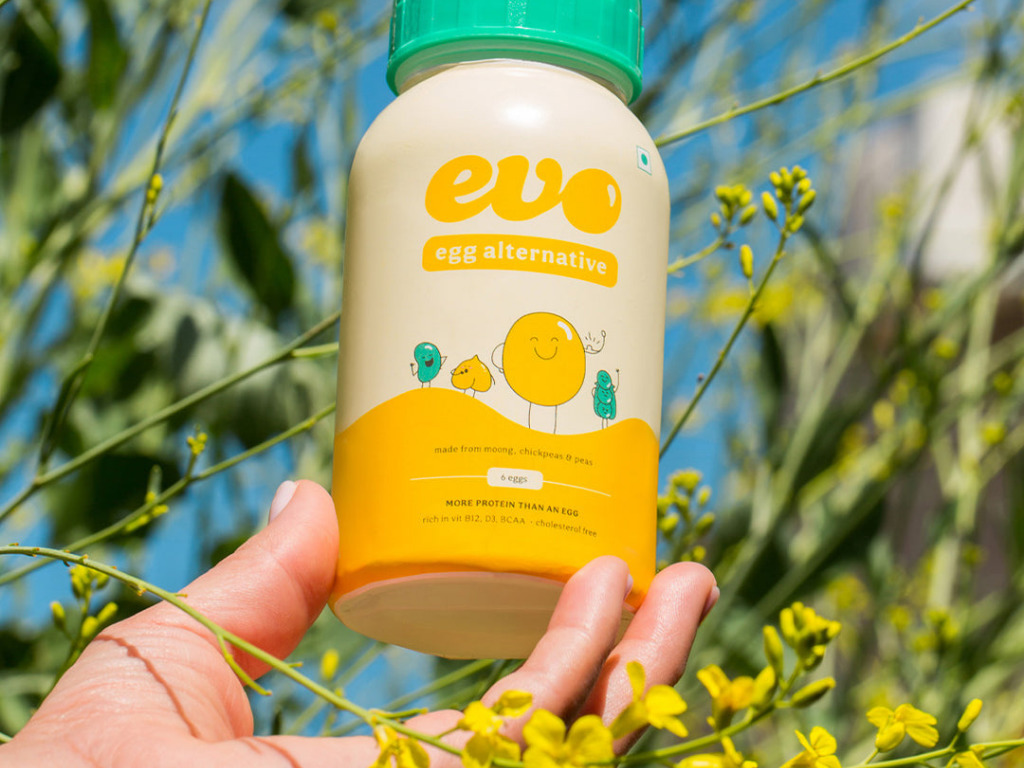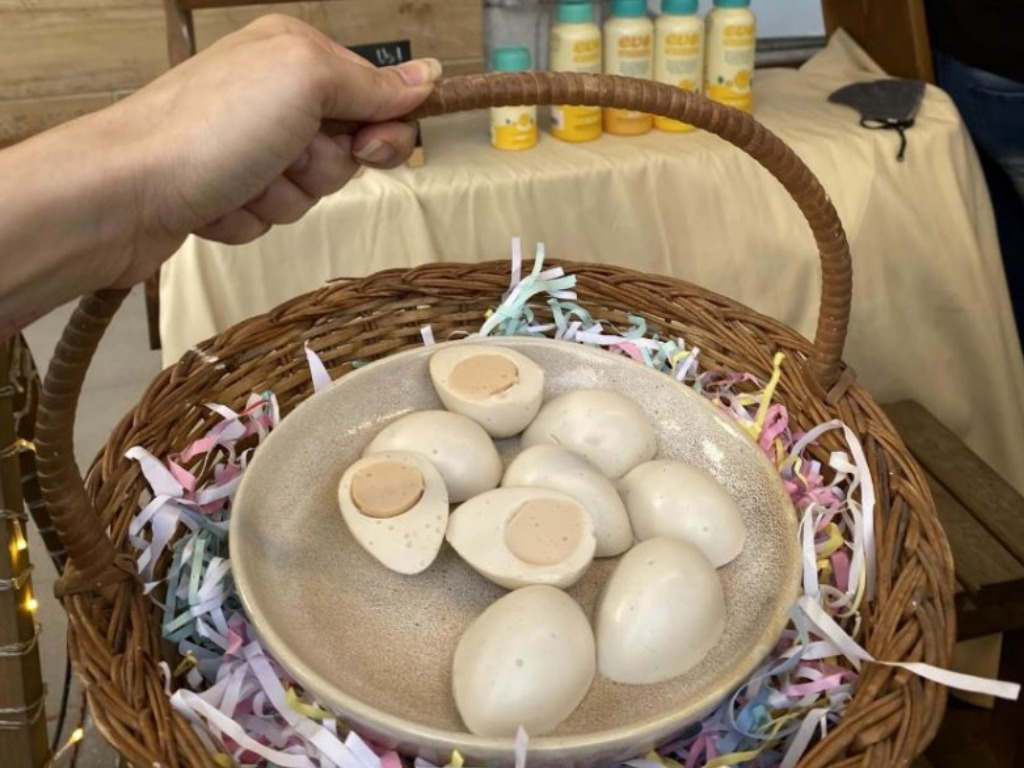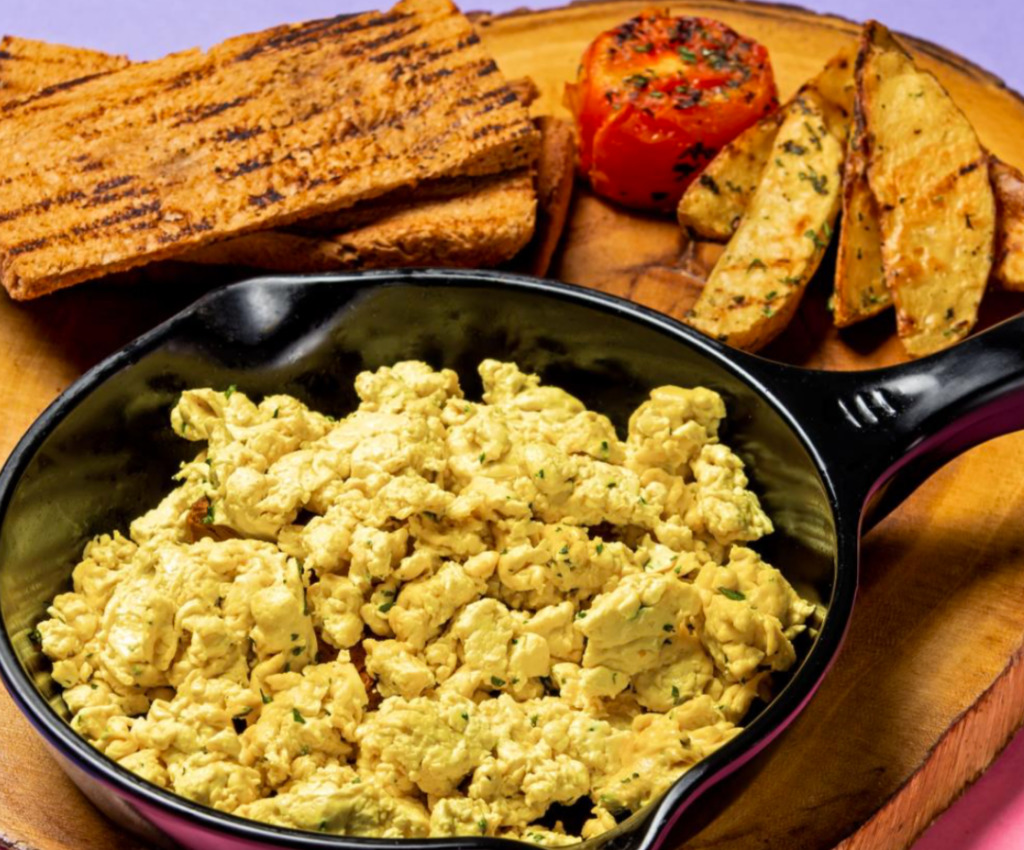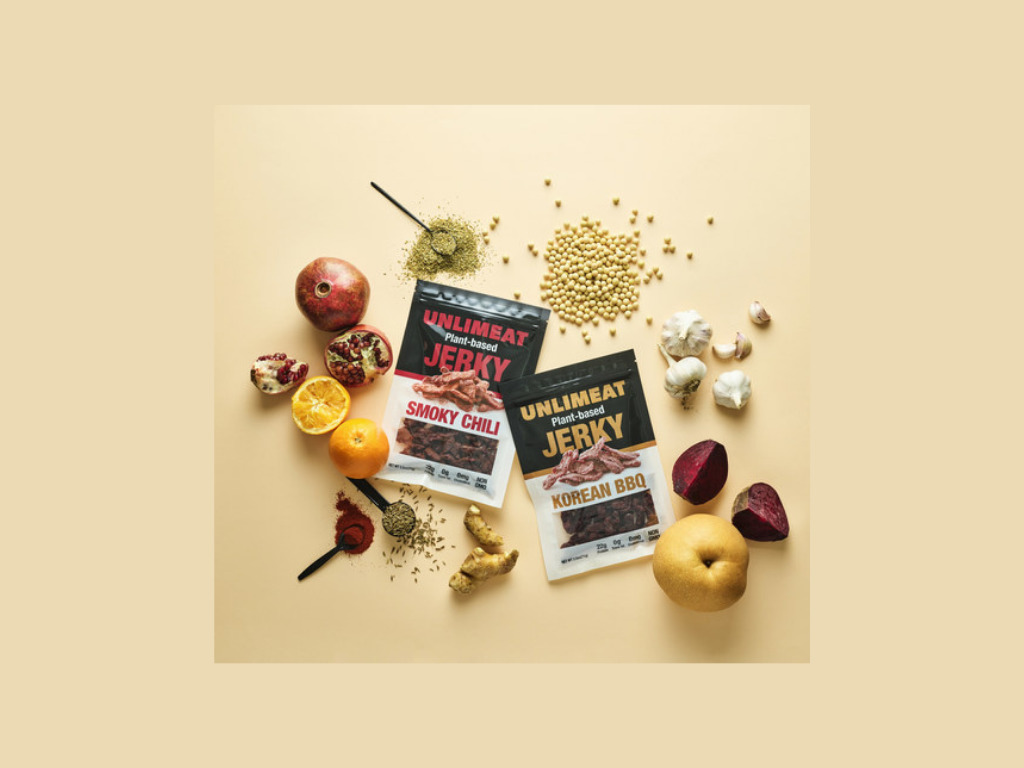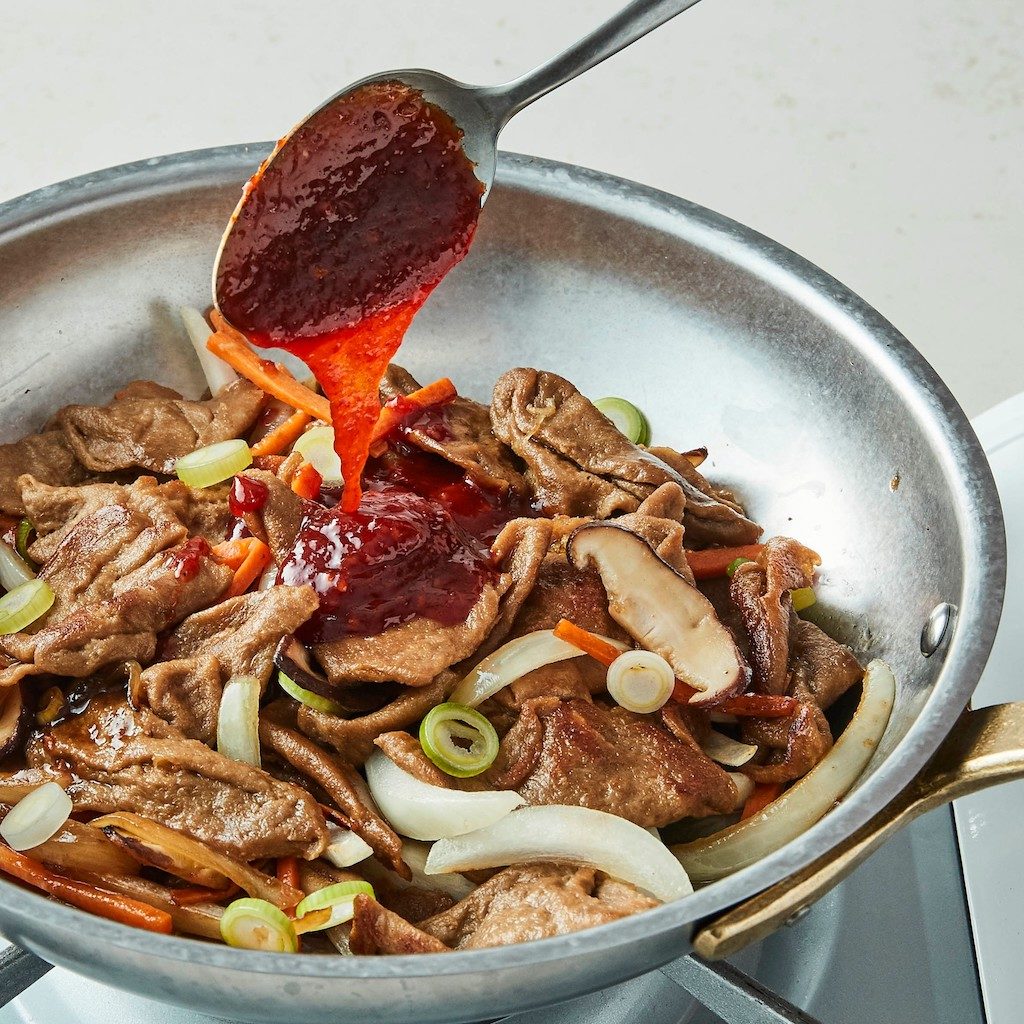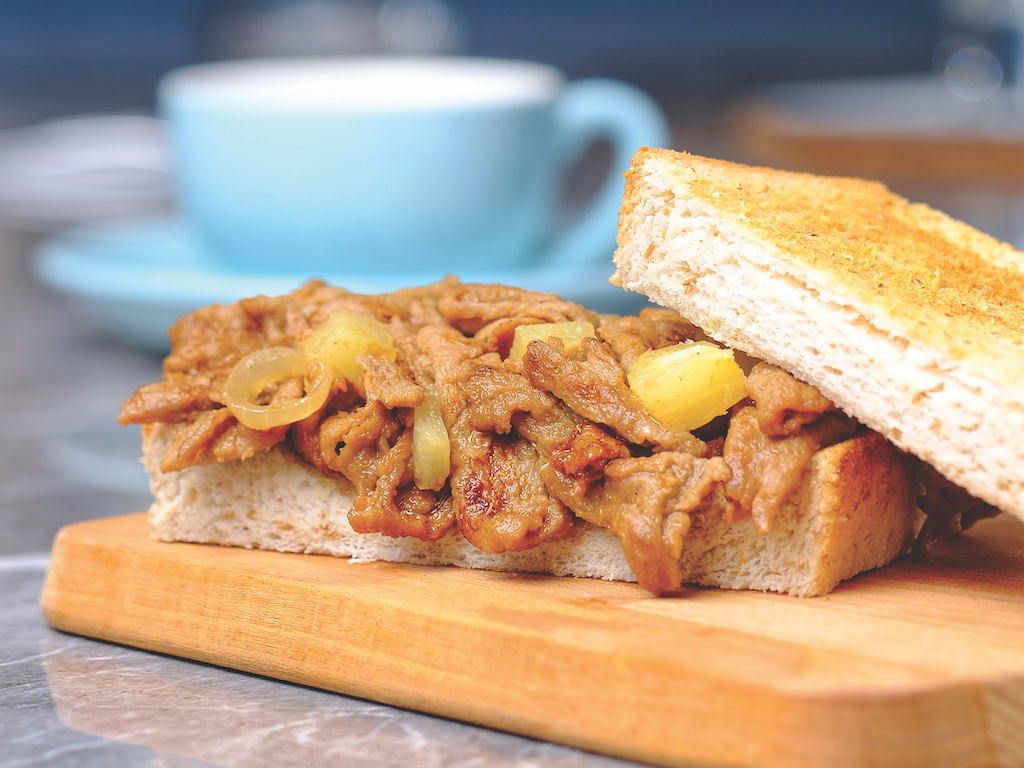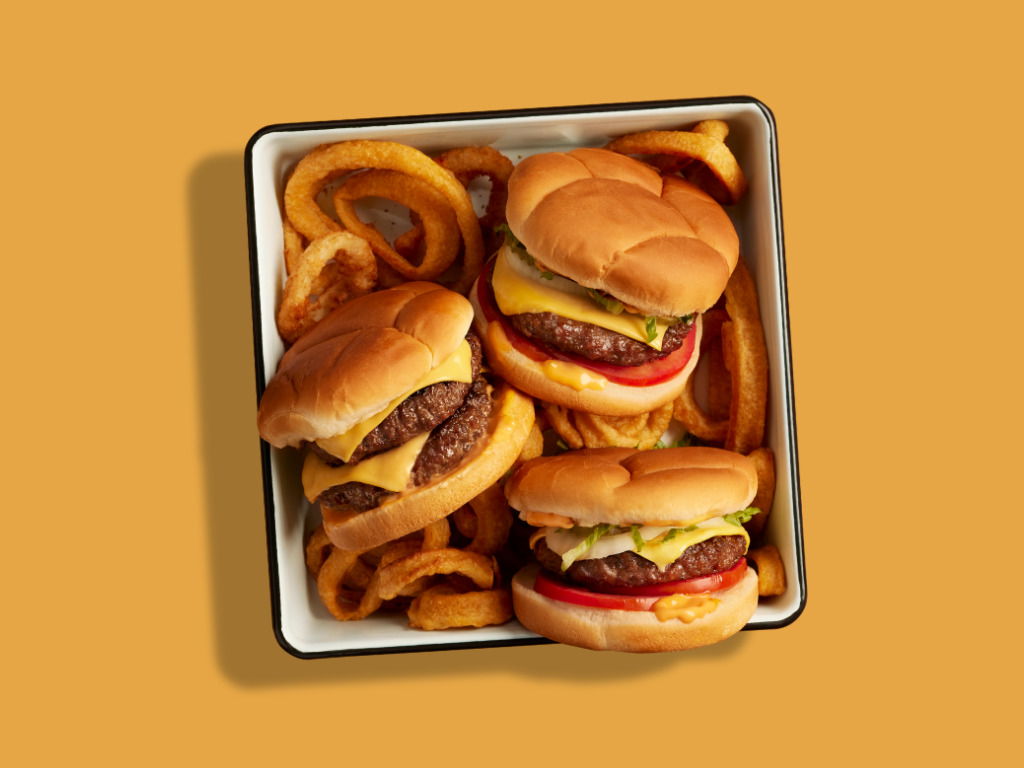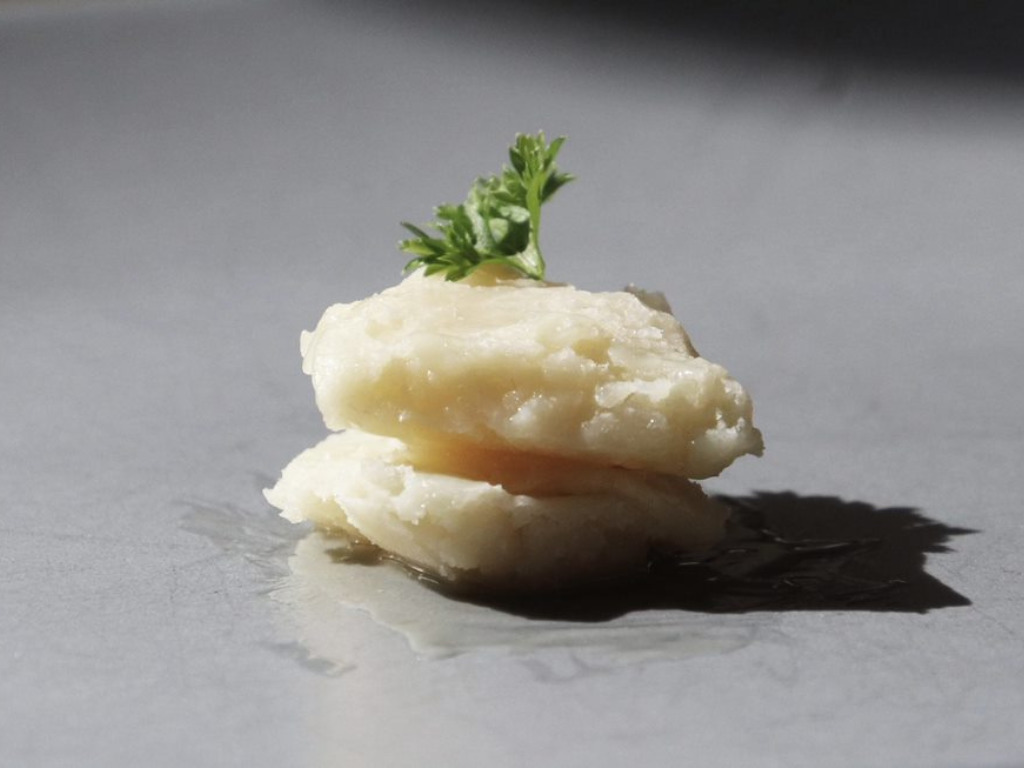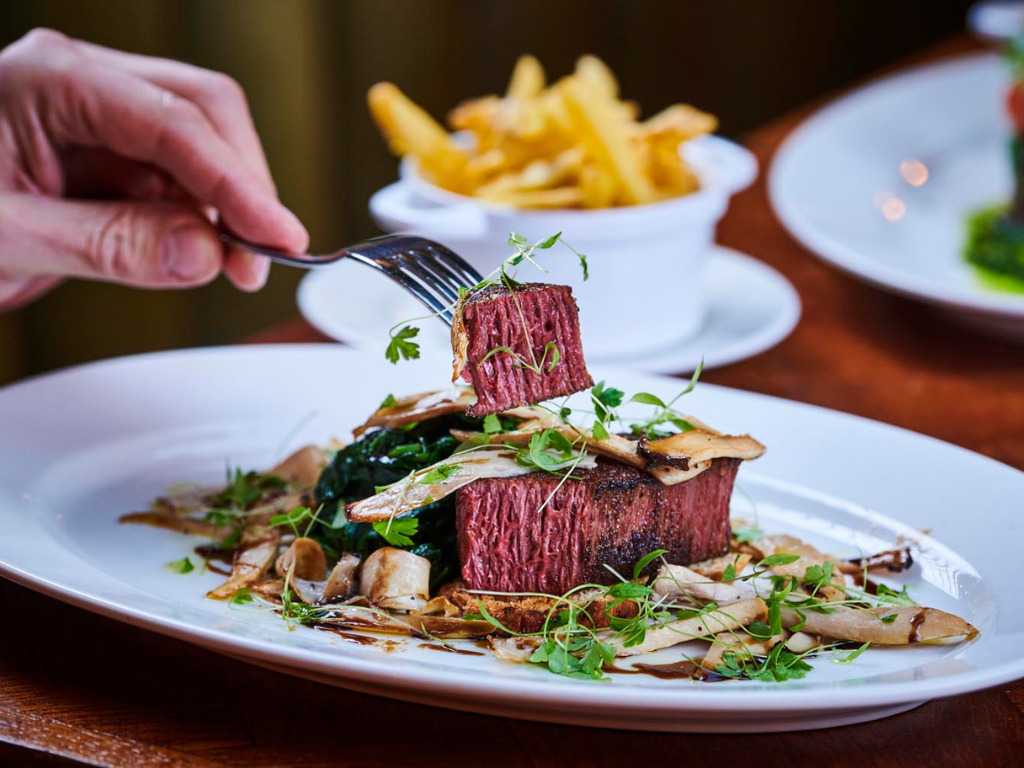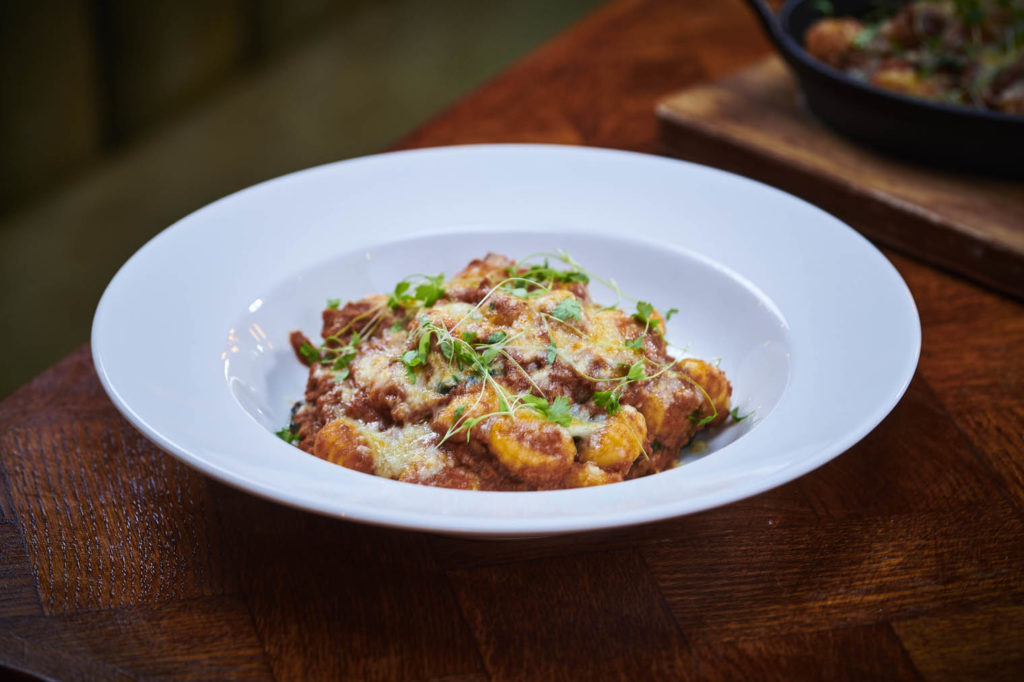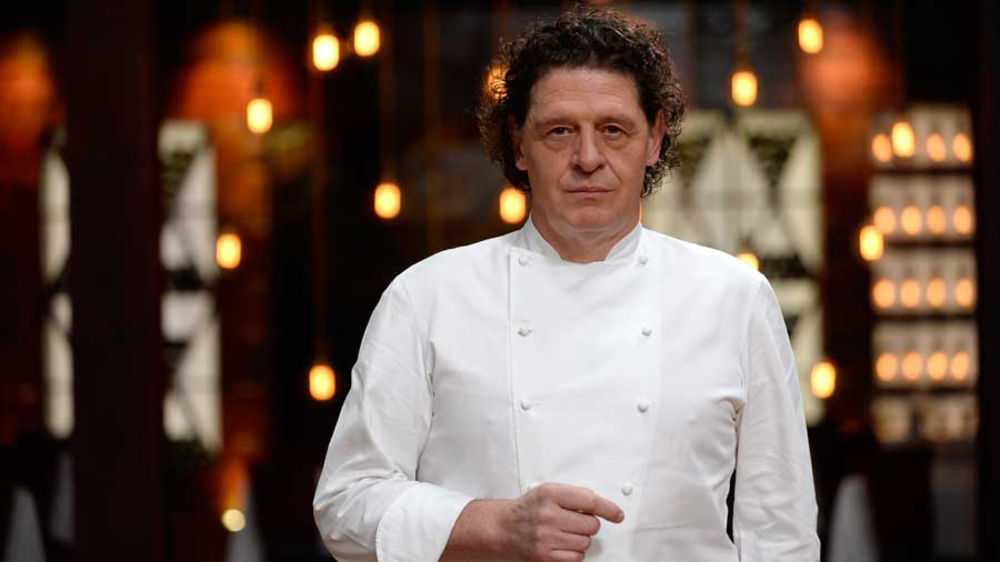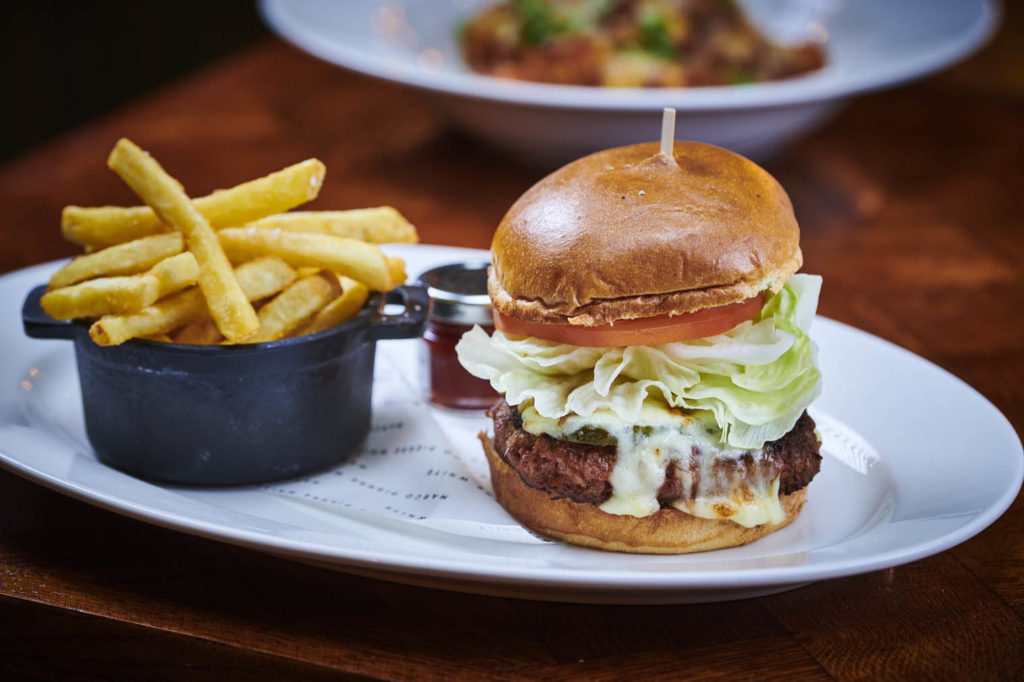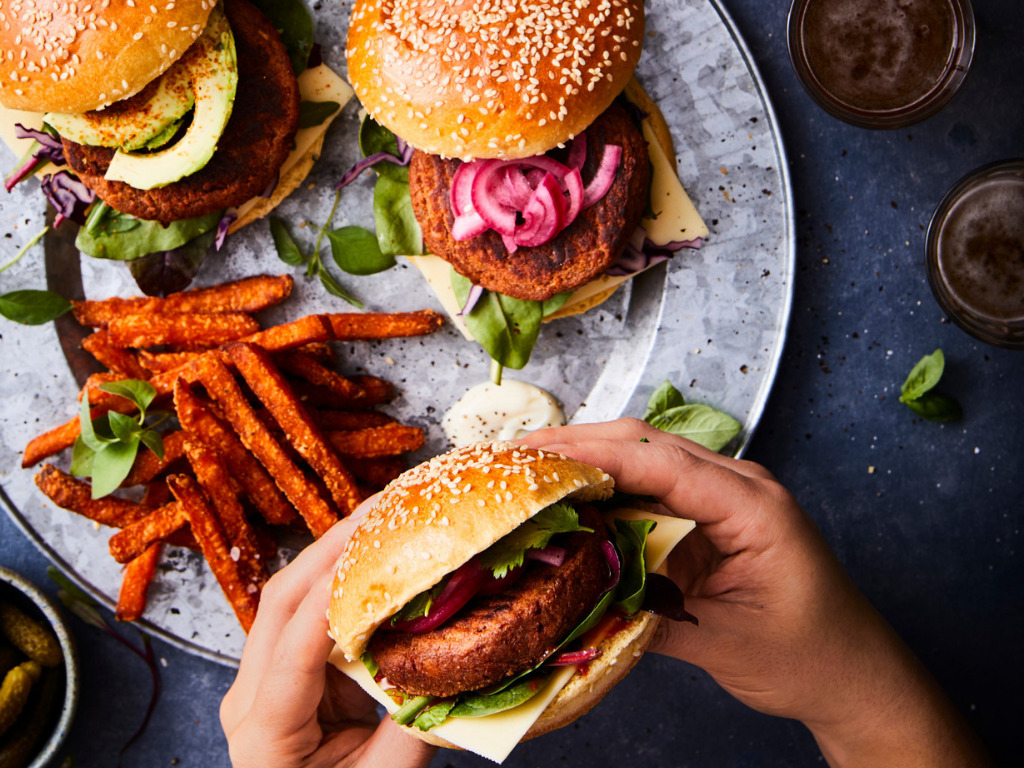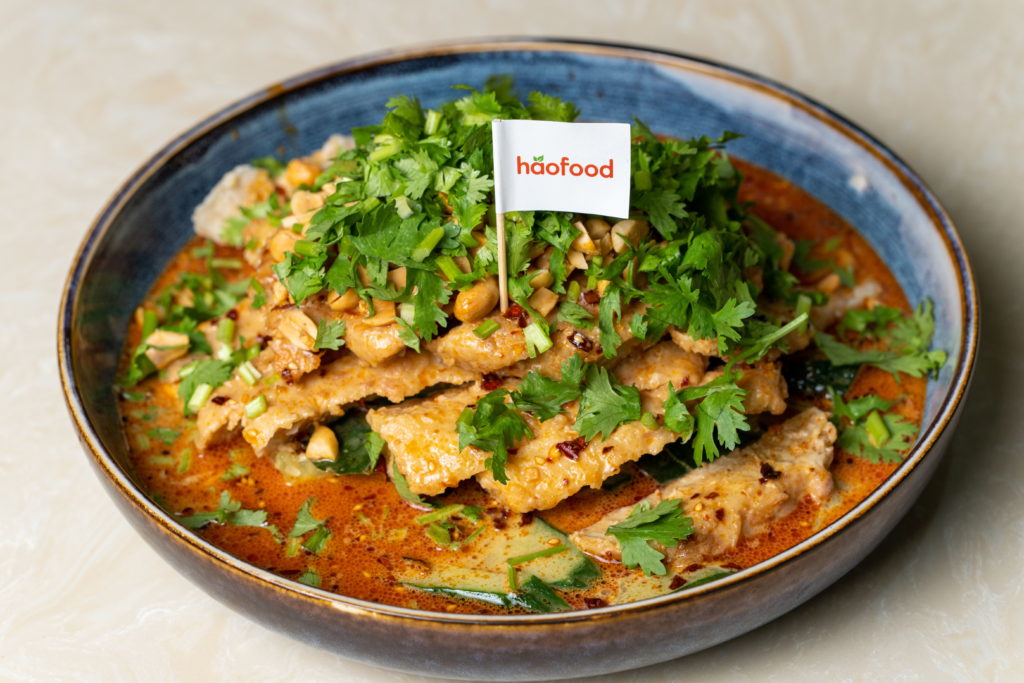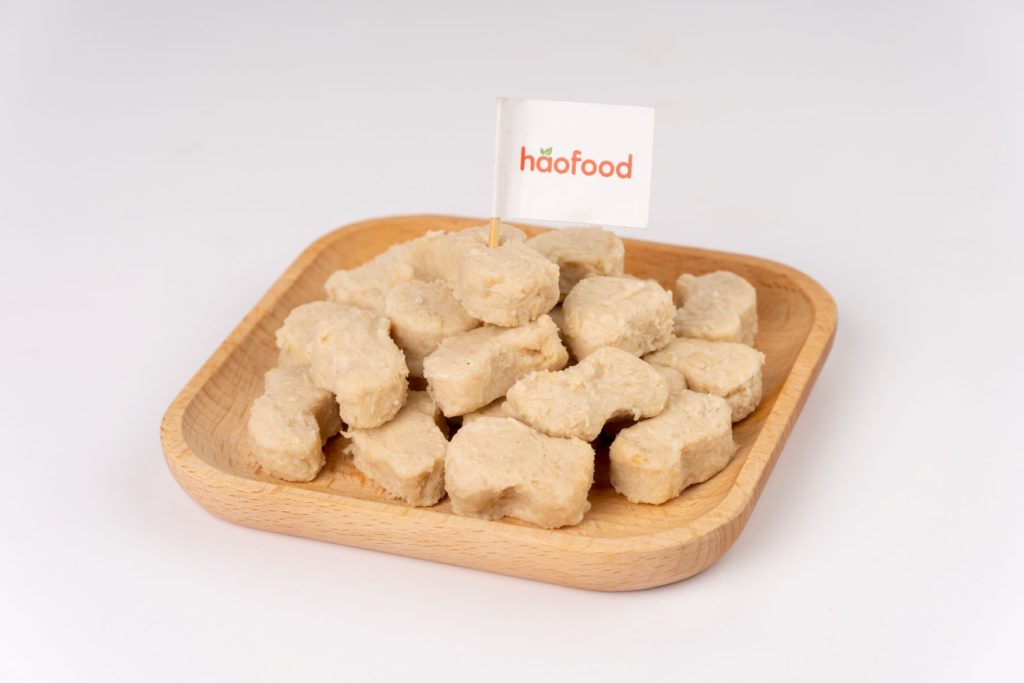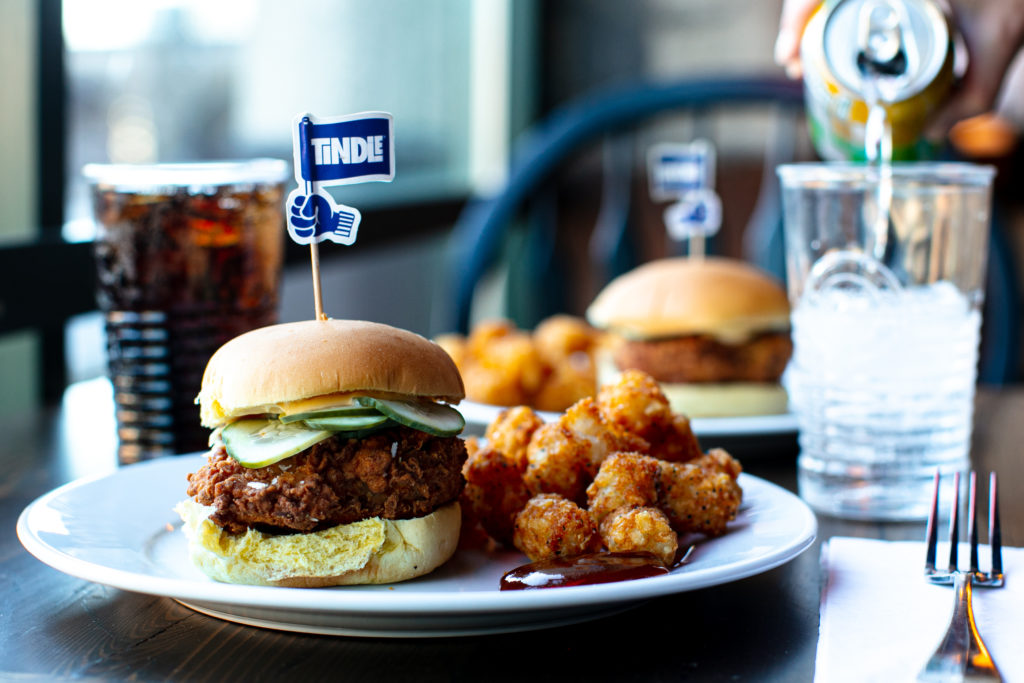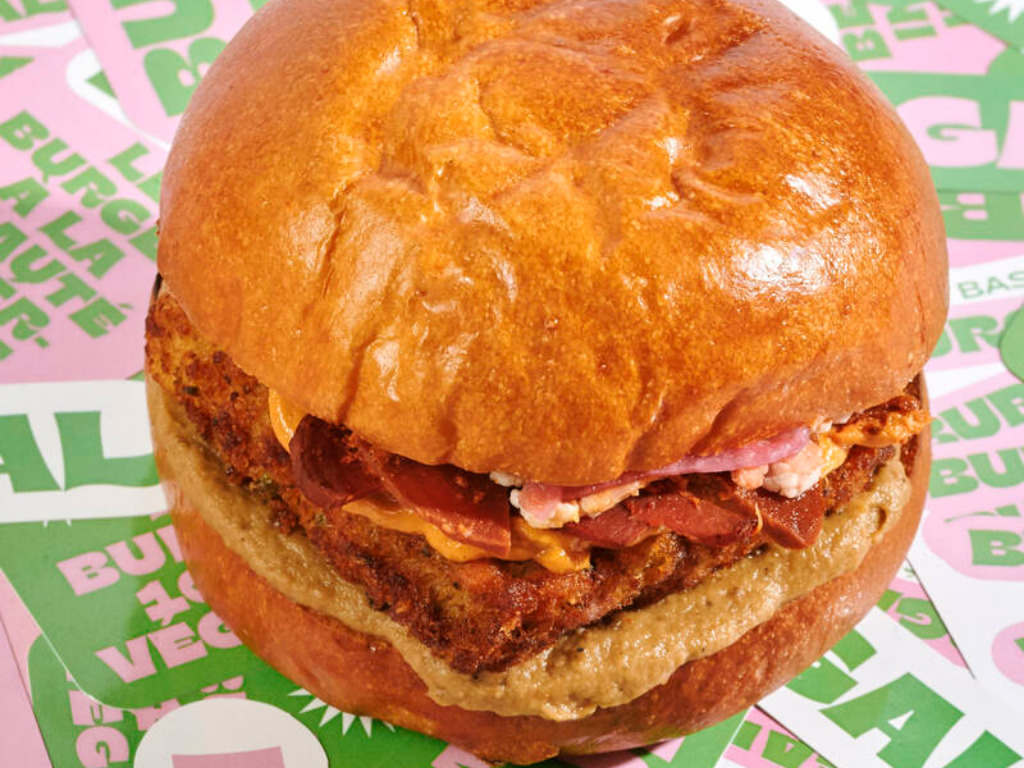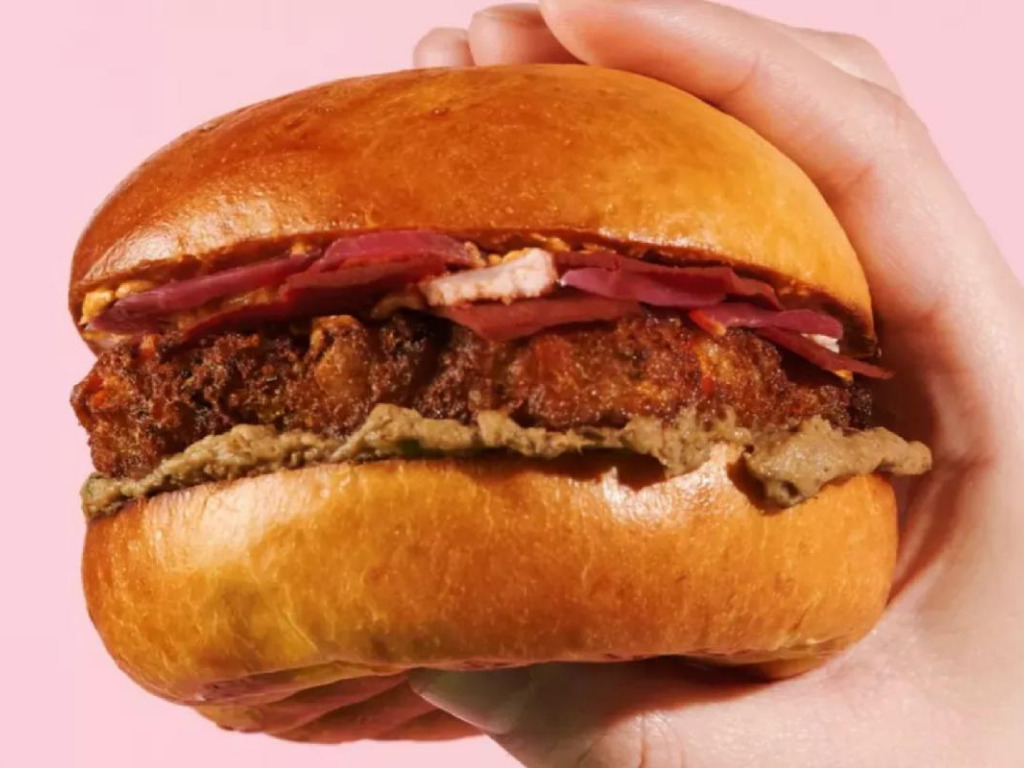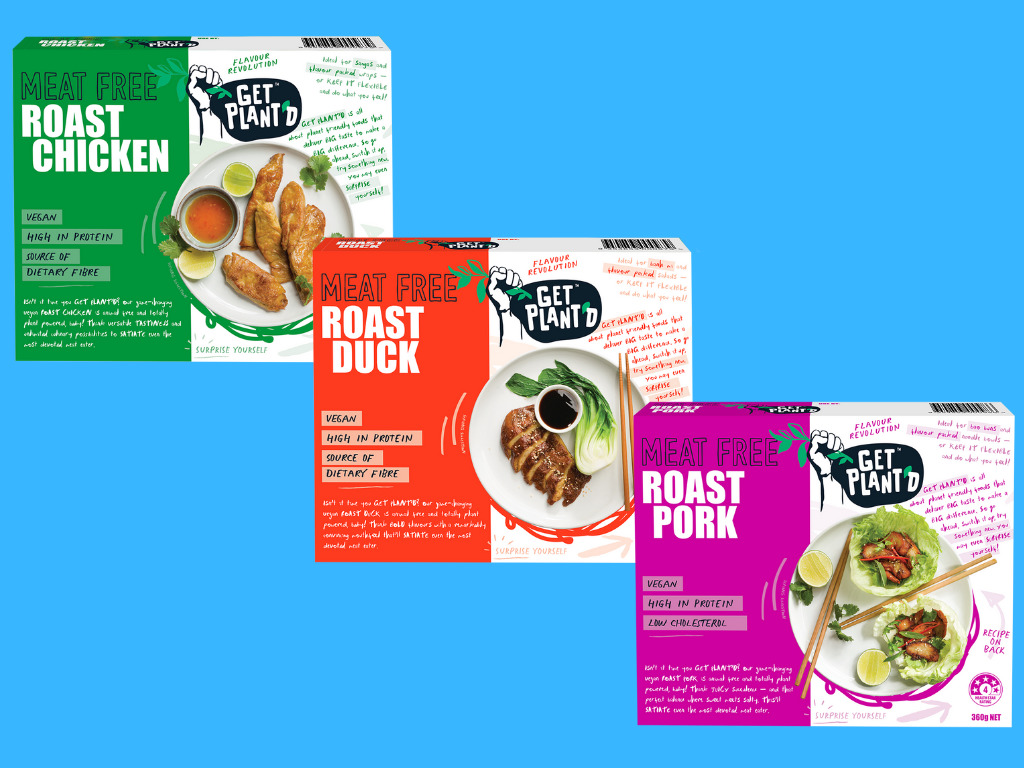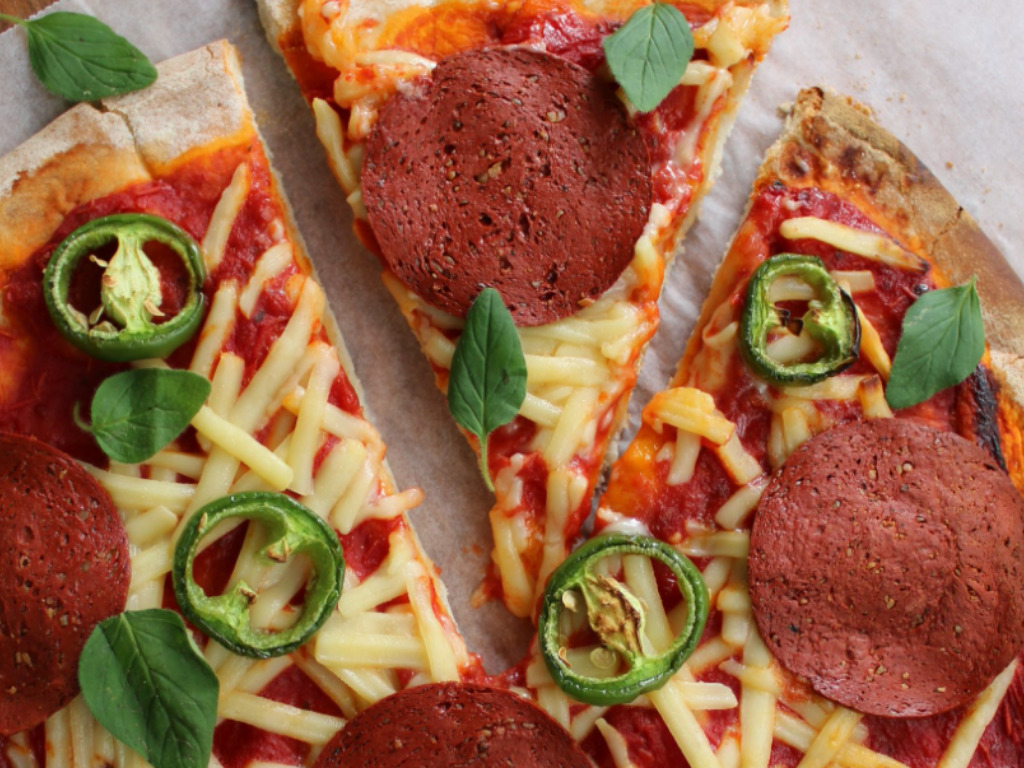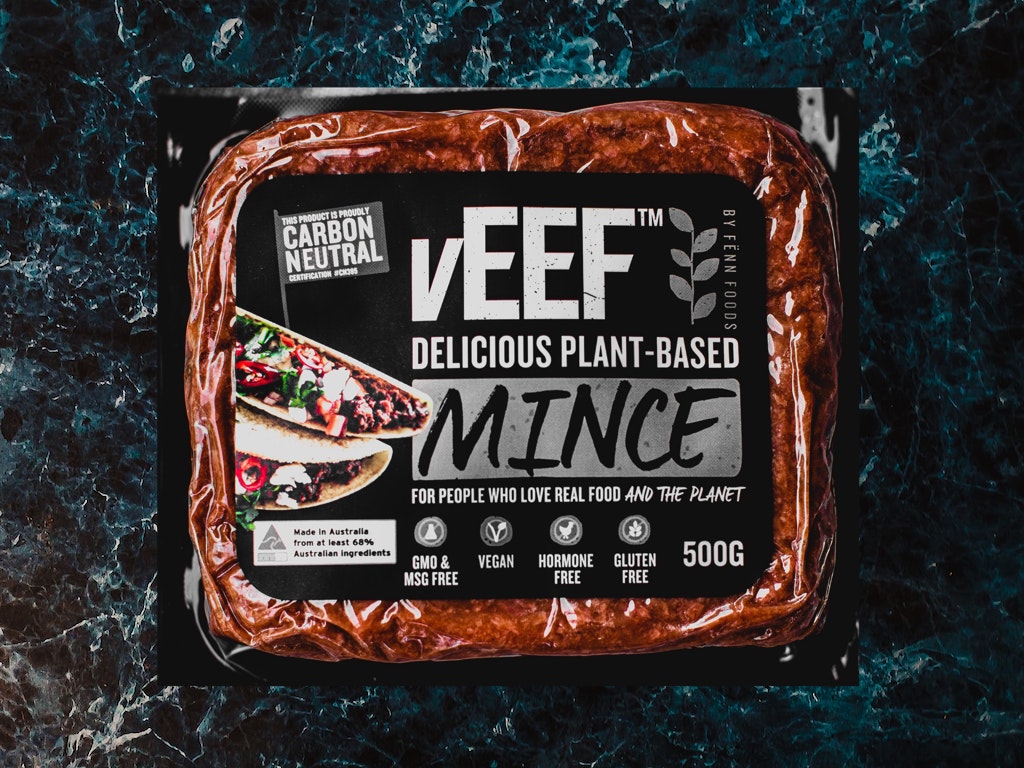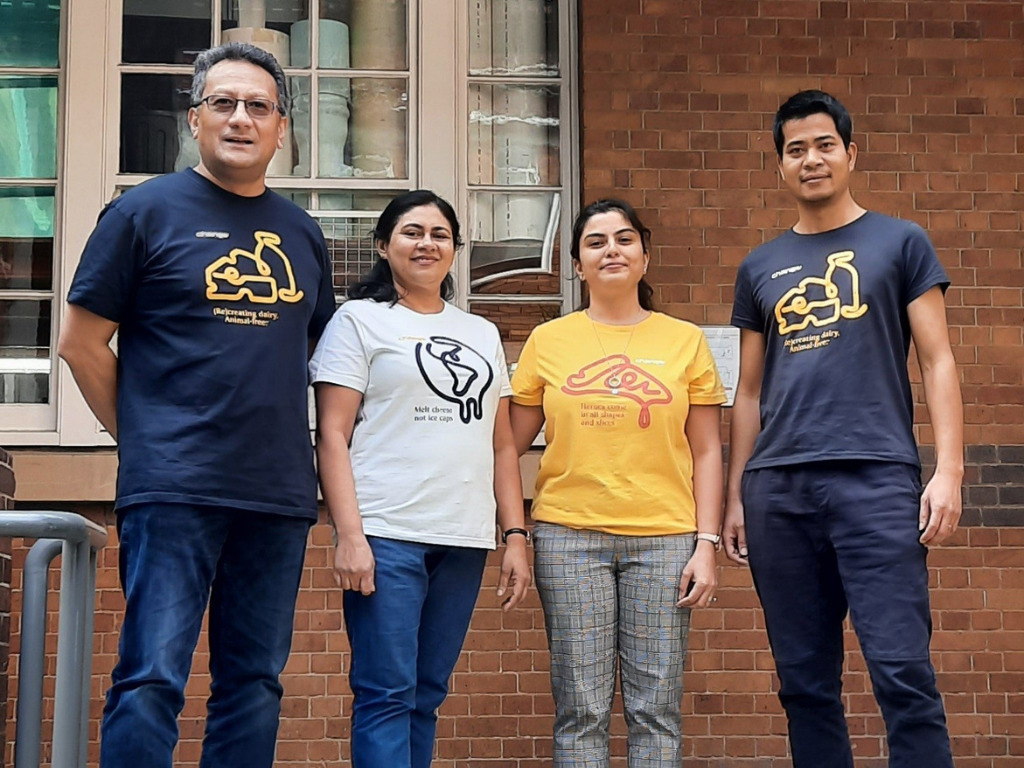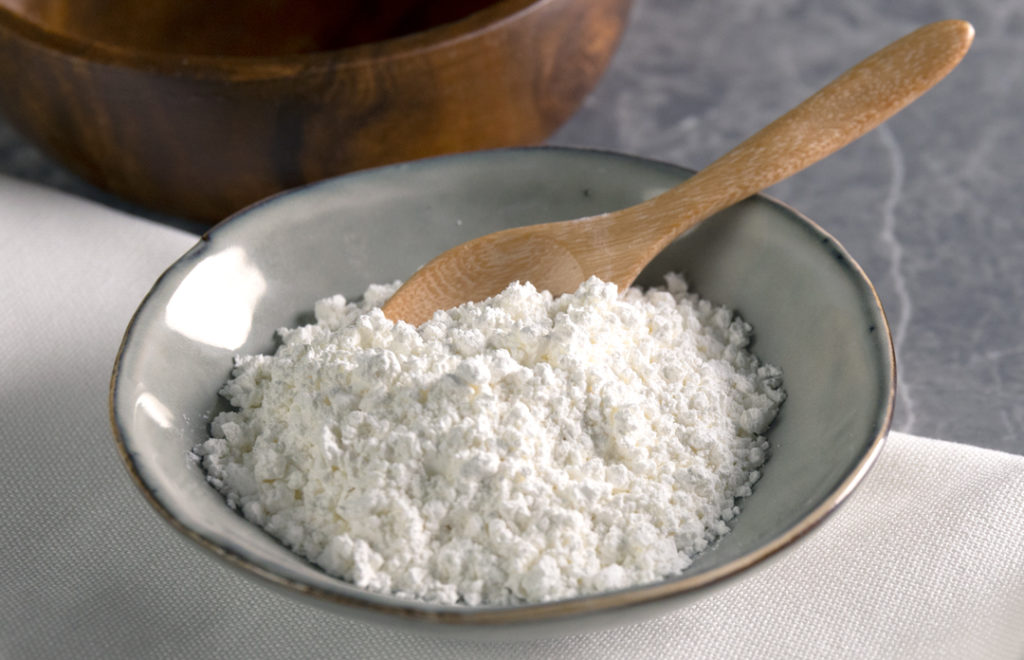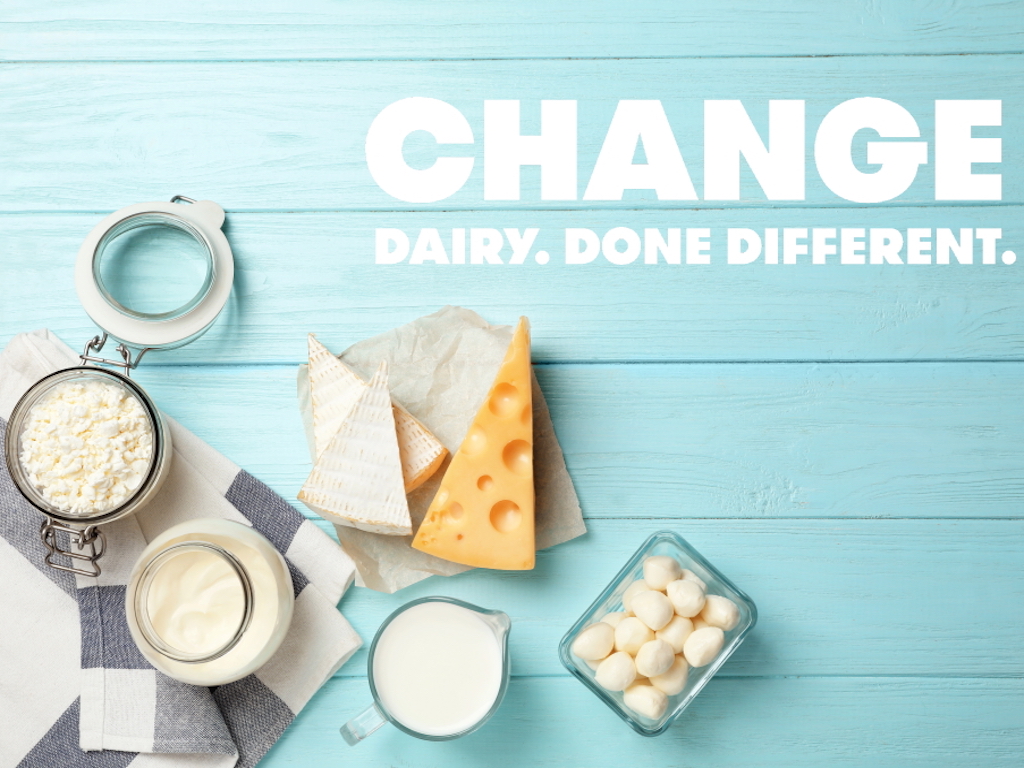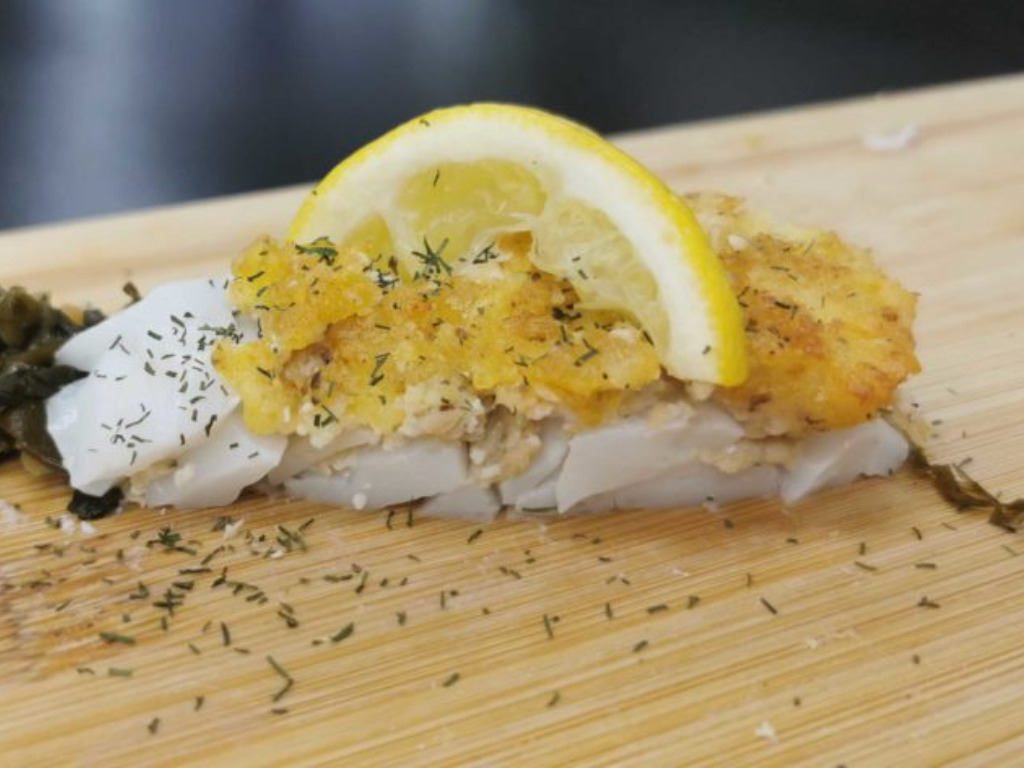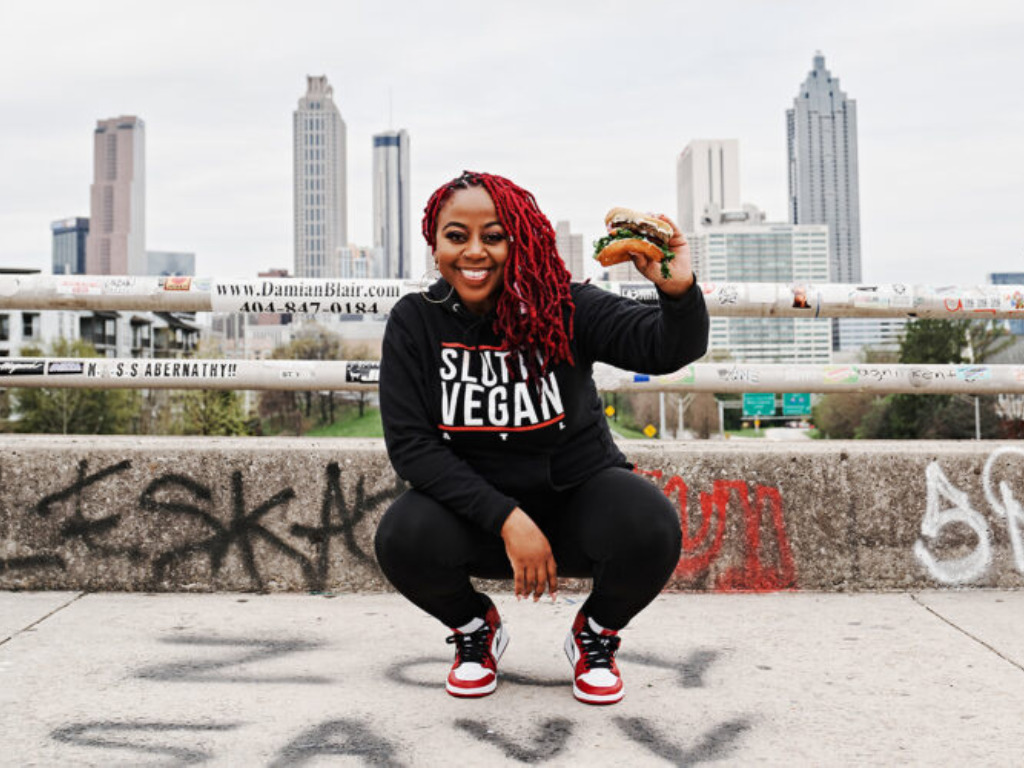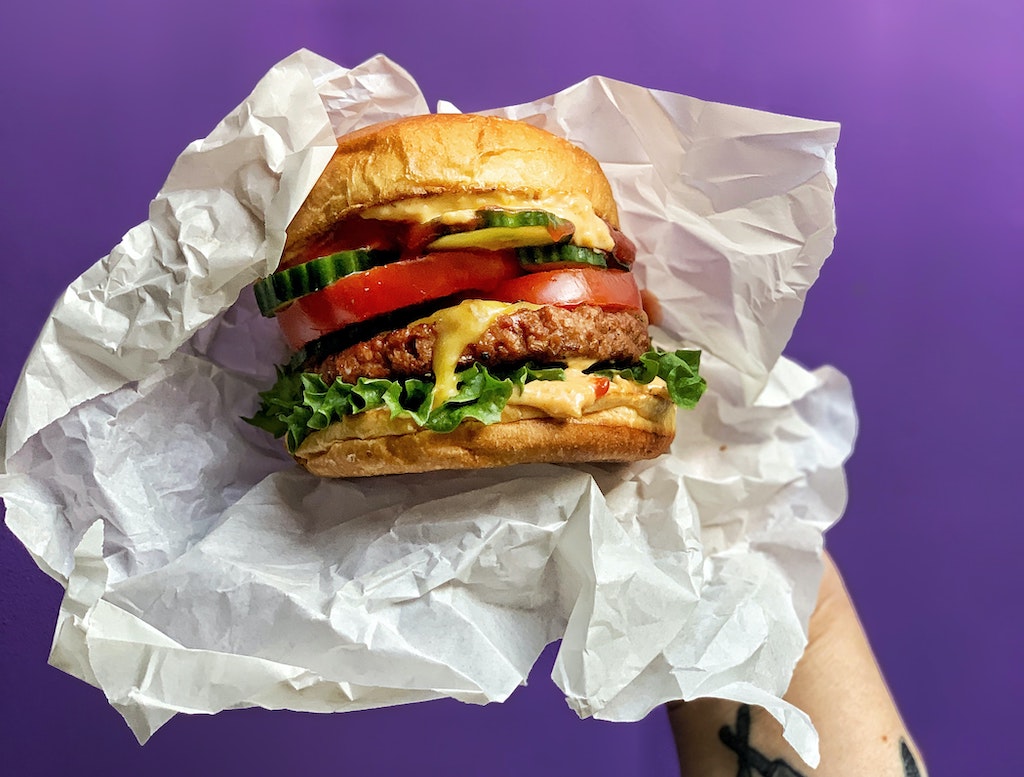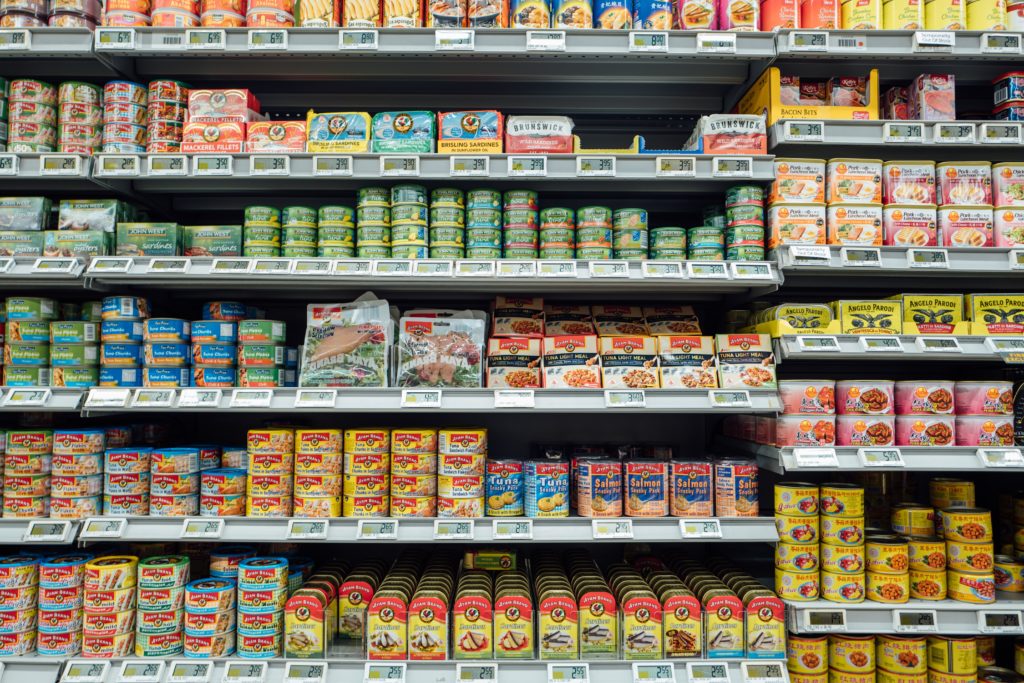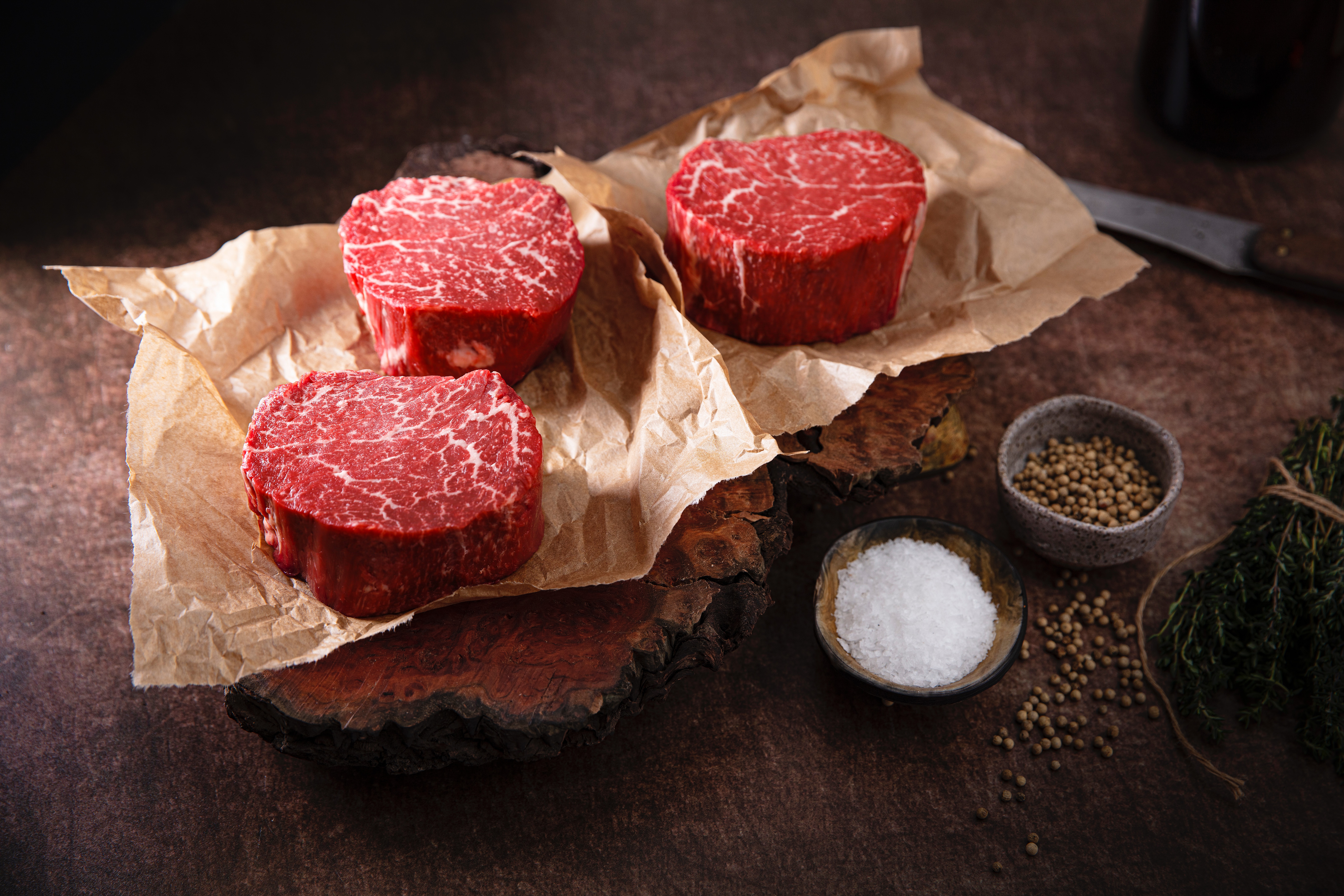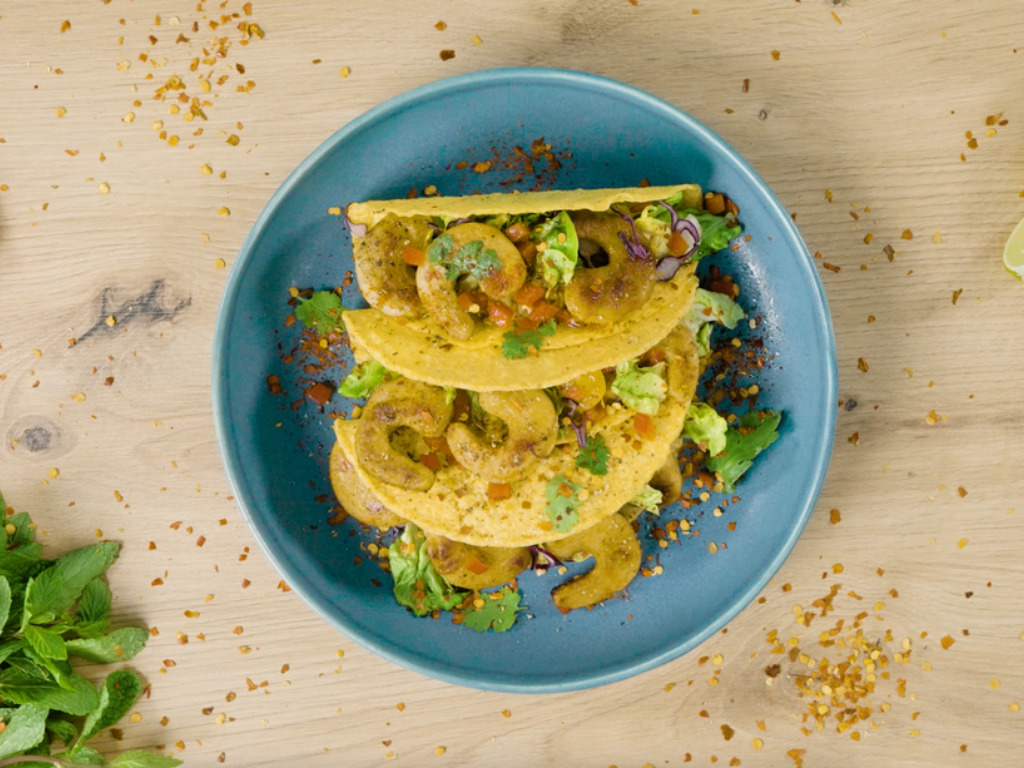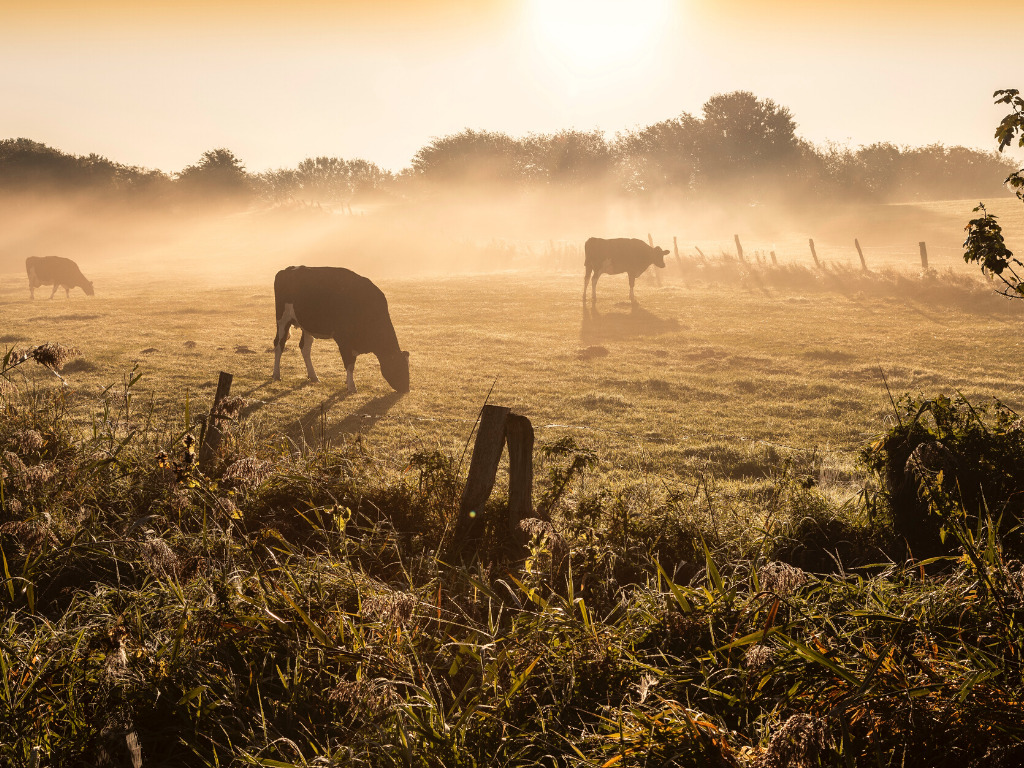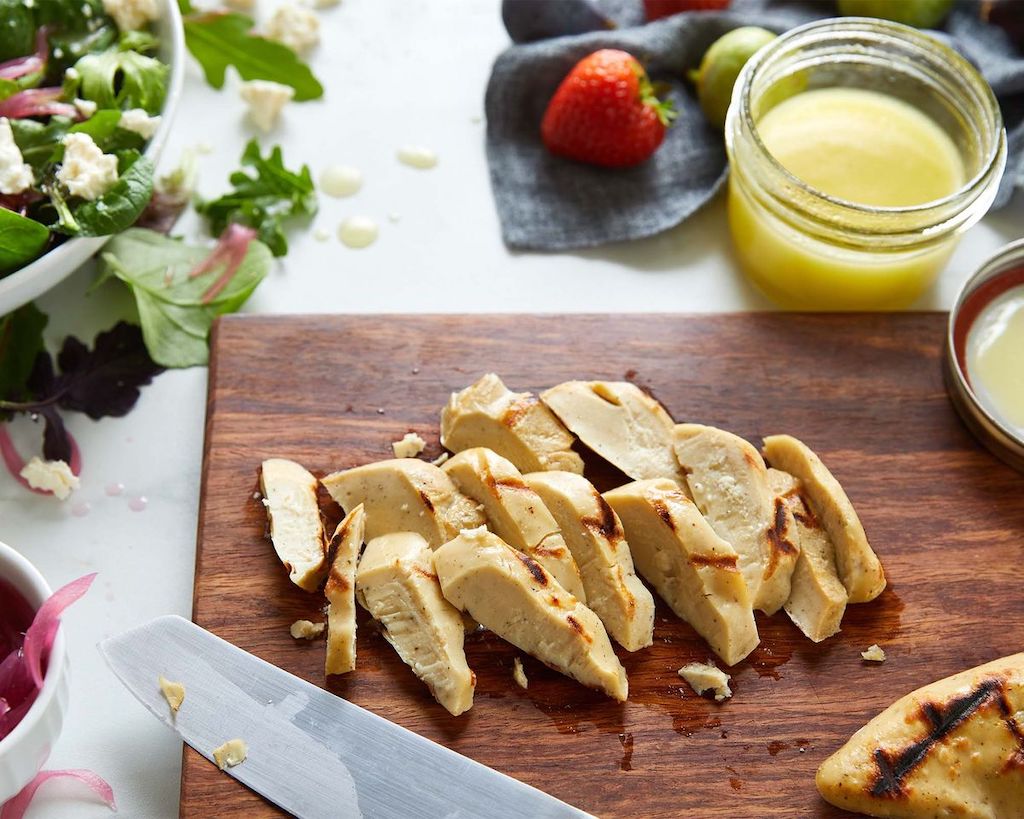
Californian-food tech Eat Just has announced that its GOOD Meat cultivated chicken brand is now partnering with food processing giant ADM to help accelerate commercial rollout of GOOD Meat products. The collaboration marks the first cultivated meat partnership for ADM, which recently pledged to invest $300 million towards better protein production.
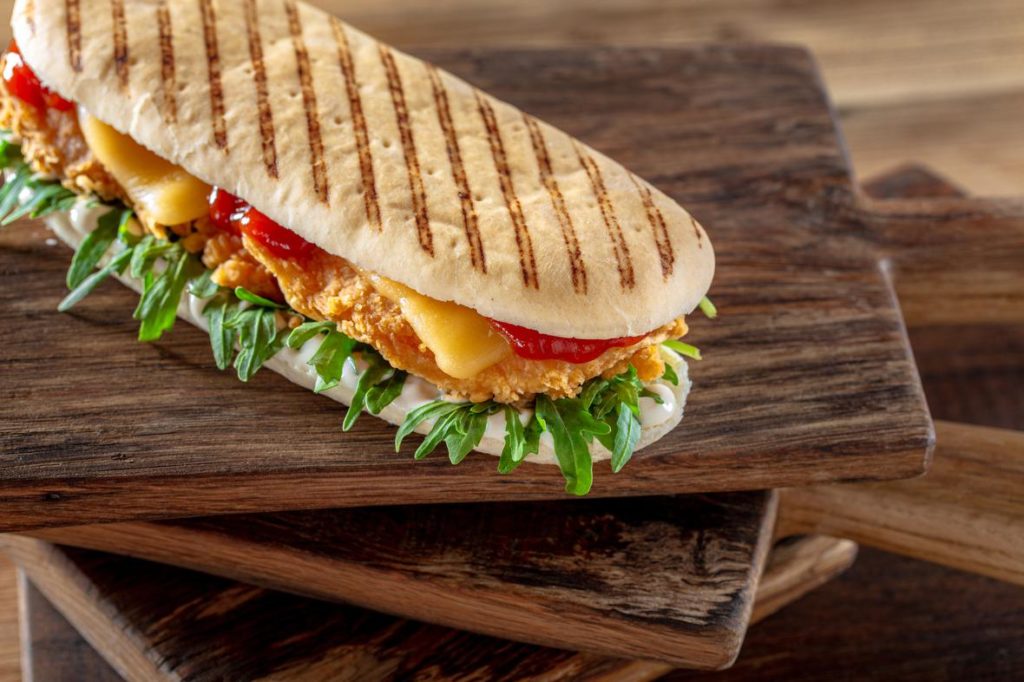
How two food pioneers will work together
ADM’s side of the agreement will see it developing GOOD Meat’s cell growth capabilities, by optimising nutrients used during the production process. Animals ingest certain amino acids and other nutrients from their food, causing them to grow and develop muscle fibre. GOOD Meat’s harvested animal cells also need feeding the right ingredients. ADM will be providing the perfect combination of nutrients, as it has previously for the conventional meat industry, by manufacturing animal feed.
“ADM has been making and innovating in food over 120 years. We are proud to partner with their incredibly talented team of scientists and engineers to take cultivated meat from a few restaurants today to millions of consumers tomorrow,” Josh Tetrick, co-founder and CEO of Eat Just said in a press statement.
Simultaneously to nutrition expertise, ADM will be offering insight during product development stages. It will look to improve flavour and texture, alongside other considerations, of GOOD Meat’s cultivated items. Feedback will begin with chicken but extend to future projects.
“ADM has long been a pioneer in the alternative protein industry, and our strategic focus right now is on developing innovative new technology and solutions to continue expanding our capabilities to serve the fast-growing global demand for protein-based nutritional needs,” Leticia Gonçalves, ADM’s president of global foods said in a statement. “Cultivated meat solutions have an exciting role to play in this space, and we are eager to work together with GOOD Meat to bring great-tasting, innovative cultivated meat products to the Singapore market and beyond.”
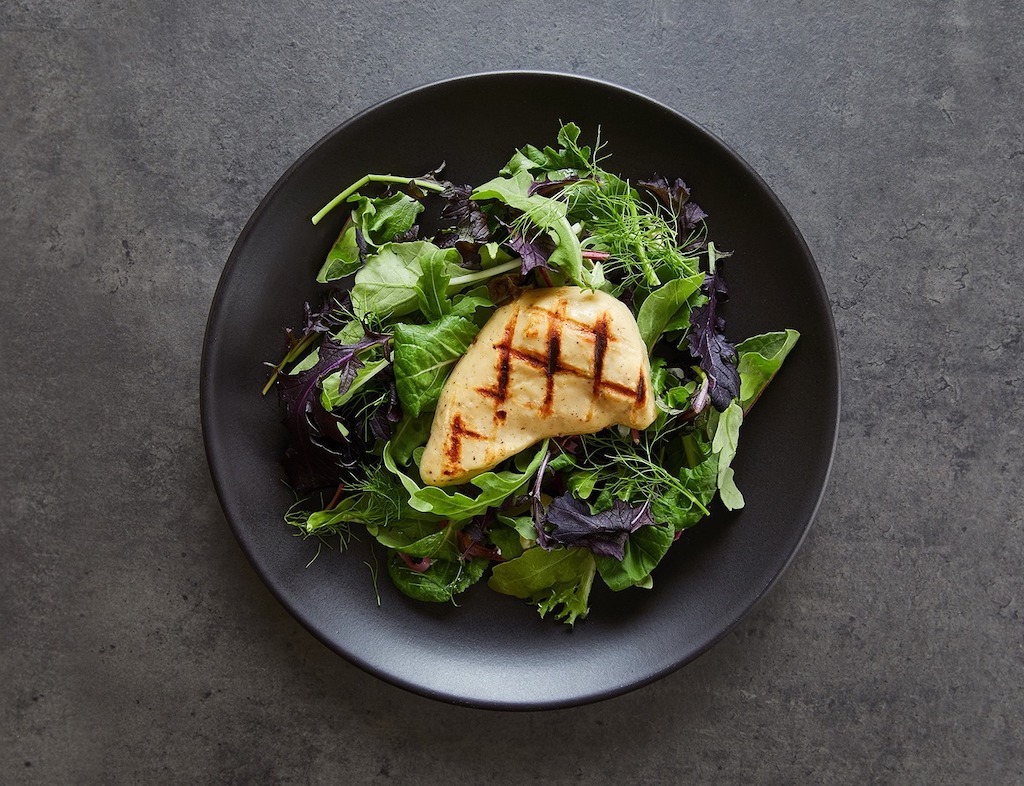
GOOD Meat’s industry-leading developments
The Eat Just brand has secured its place in history, becoming the first cultivated meat manufacturer to sell its products commercially, anywhere in the world. With two chicken items now approved in Singapore, the company is seeking to continue its momentum. One way it is hoping to guarantee continued growth is through the construction of a new mega production facility, in the Pioneer area of Hong Kong City. A cultivated meat facility in Qatar was also confirmed, last year.
Despite regulatory approval not yet being granted for the sale of cultivated meat in the U.S., Eat Just continues to build out its infrastructure stateside in preparation.
ADM’s positive forecast for the alternative protein sector
ADM recently unveiled its 2022 Alternative Protein Outlook report. It identified seven emerging trends, as well as relevant drivers, such as consumers choosing health-conscious food sources and concerns surrounding sustainable food production. Of the trends cited, a price reduction in cultivated meats now appears more relevant than ever. Production costs being slashed are expected to have a direct impact on consumer acceptance of cultivated products, via increased accessibility. ADM also notes in its report that FDA and USDA acceptance of cell-based meat is anticipated for mid-2022.
Last month ADM revealed its expansion and new alt-protein facility plans, which will form part of its $300 million reinvestment into its own operation.
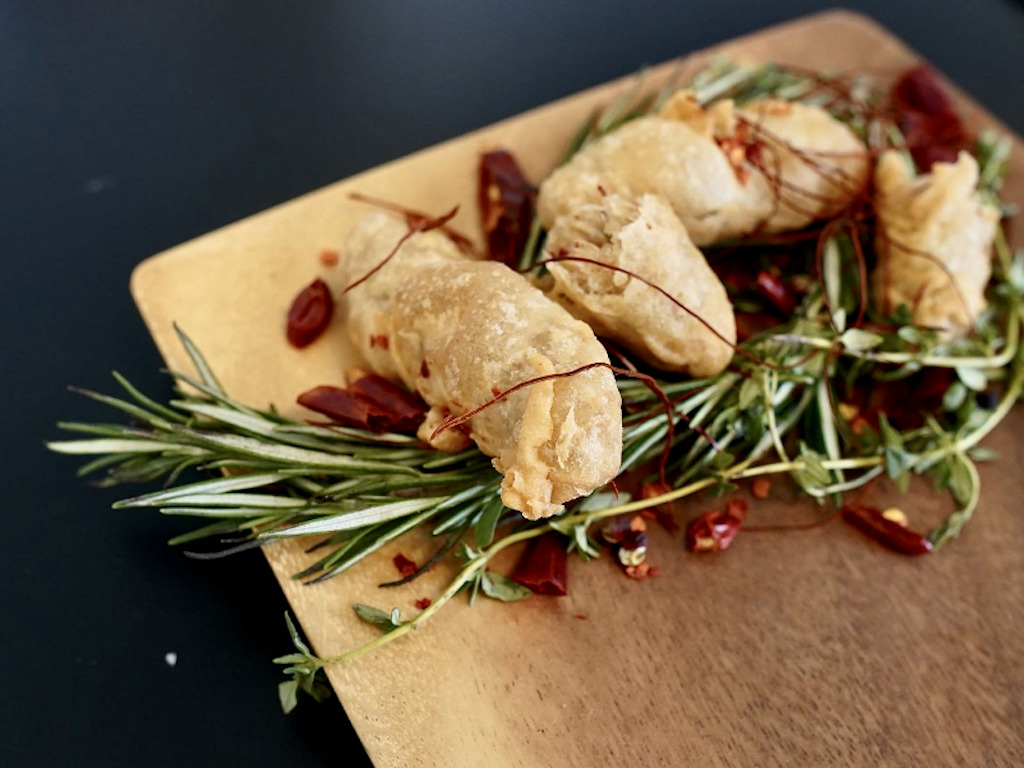
Cultivated partnerships accelerating progress
China’s CellX recently announced it will be working with Germany’s Bluu seafood to speed up cultivated meat production. The two will be combining their respective meat and seafood knowledge to accelerate regulatory approval within their home countries while sharing technical knowledge. The two have chosen cooperation over competition to promote the importance of cultivated products in the fight for global food security.
Lead photo by Eat Just/GOOD meat.
The post GOOD Meat and ADM Confirm Strategic Partnership To Ramp Up Cultivated Meat Output appeared first on Green Queen.
This post was originally published on Green Queen.
